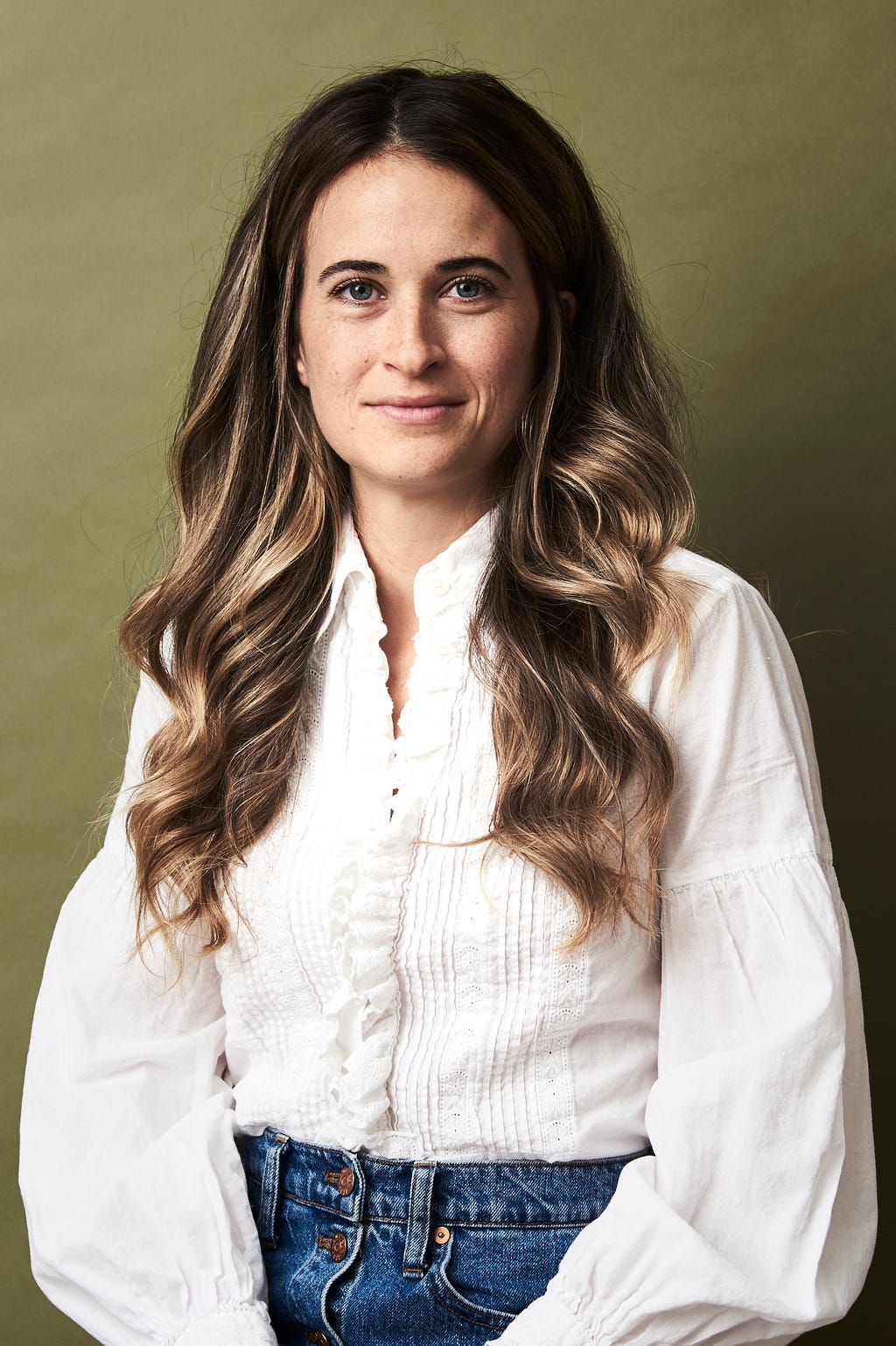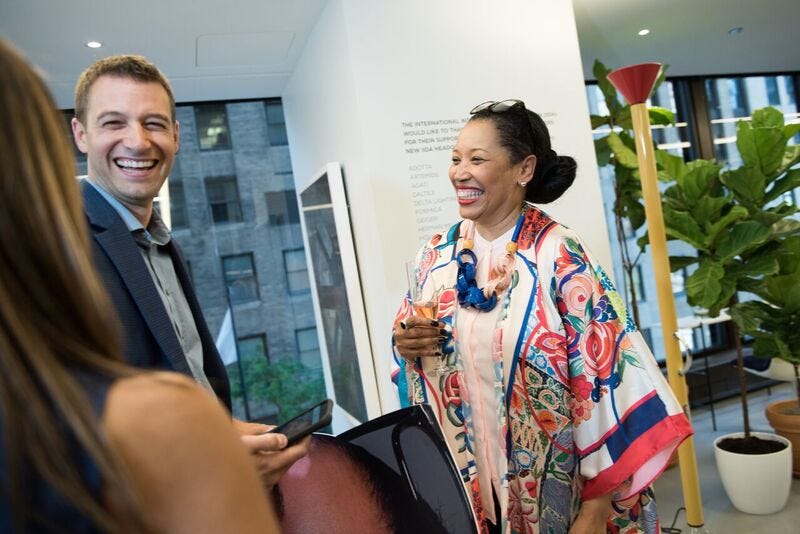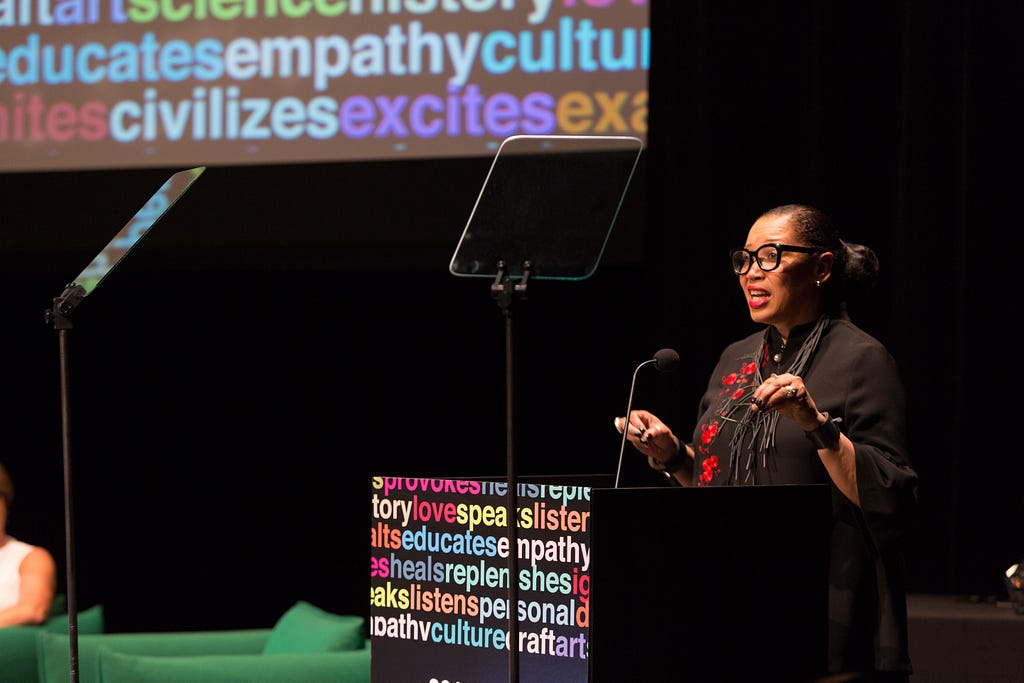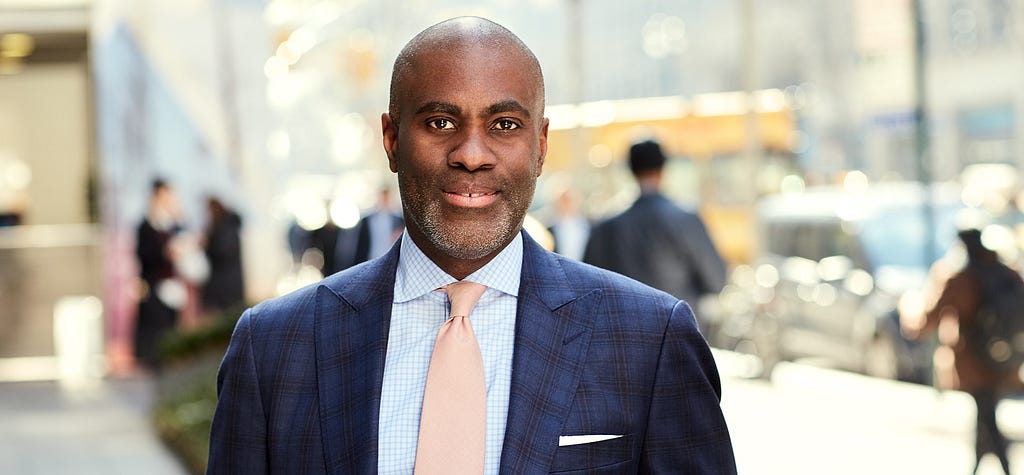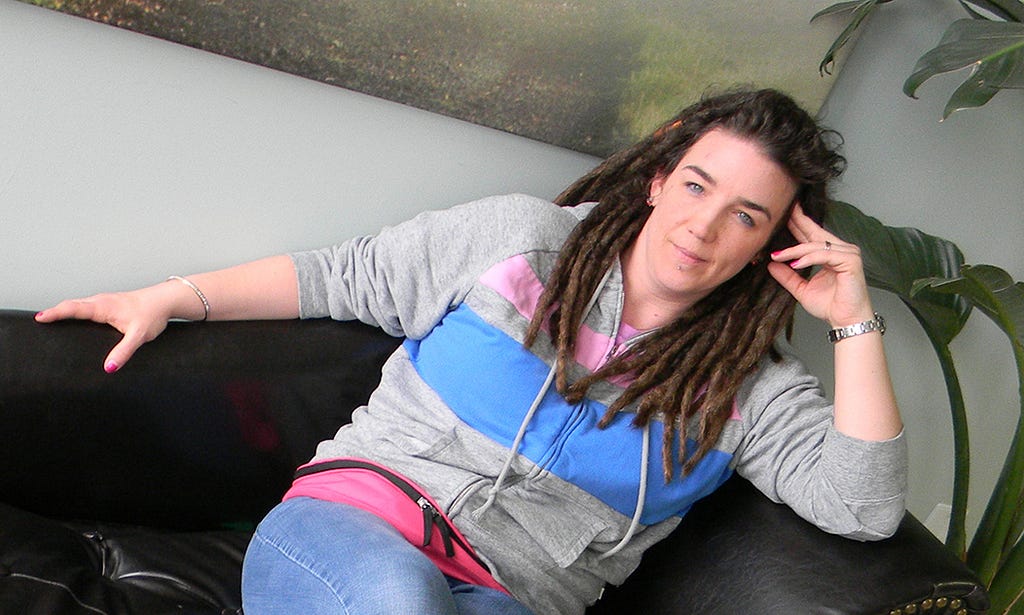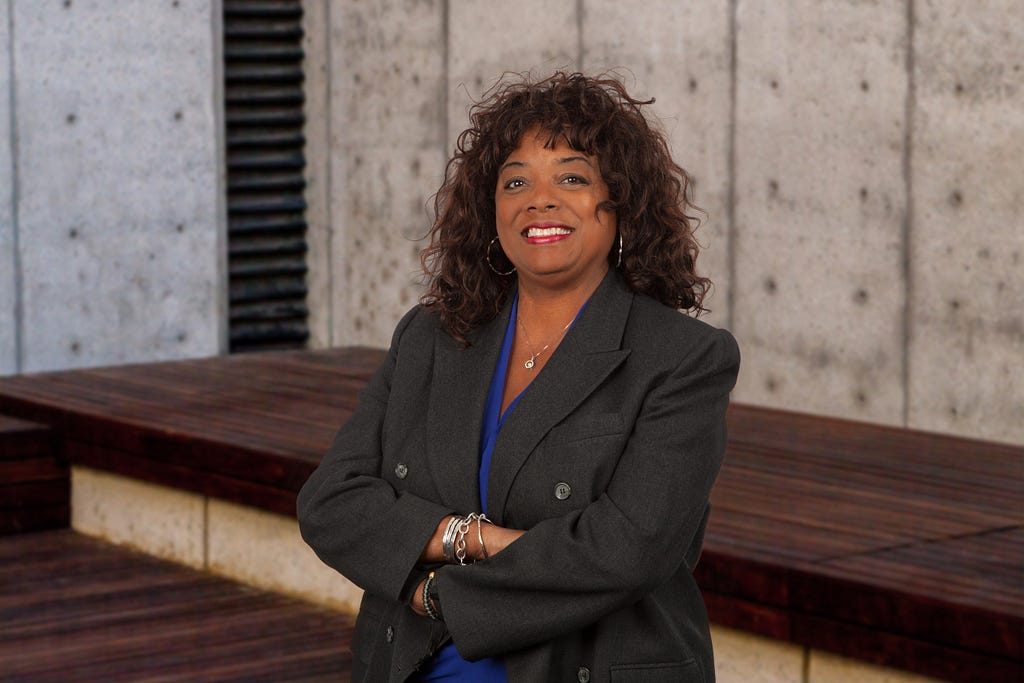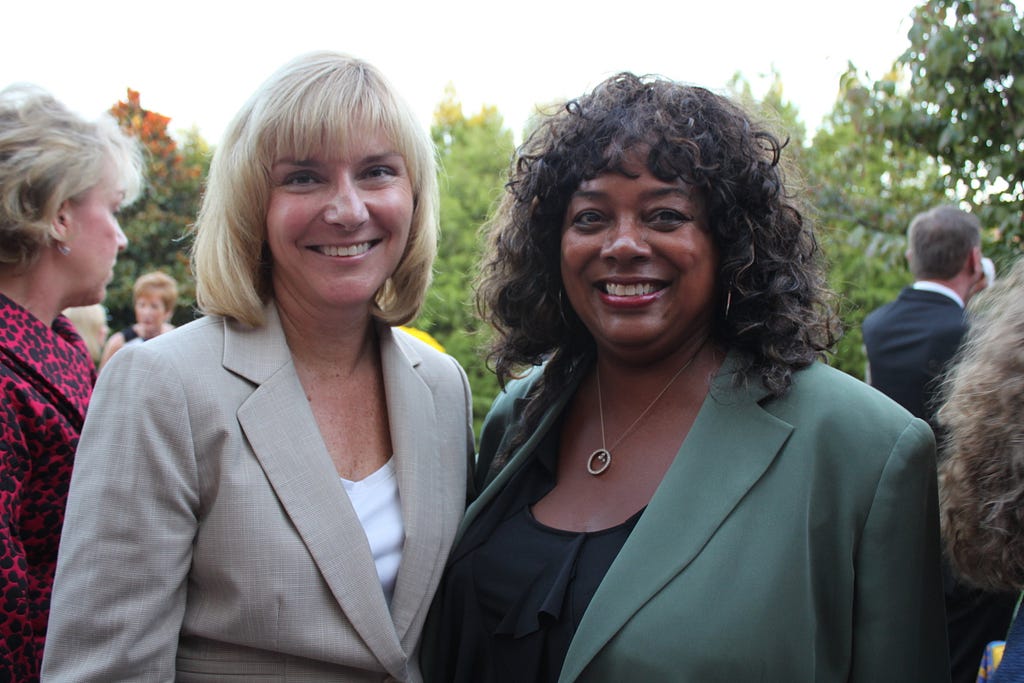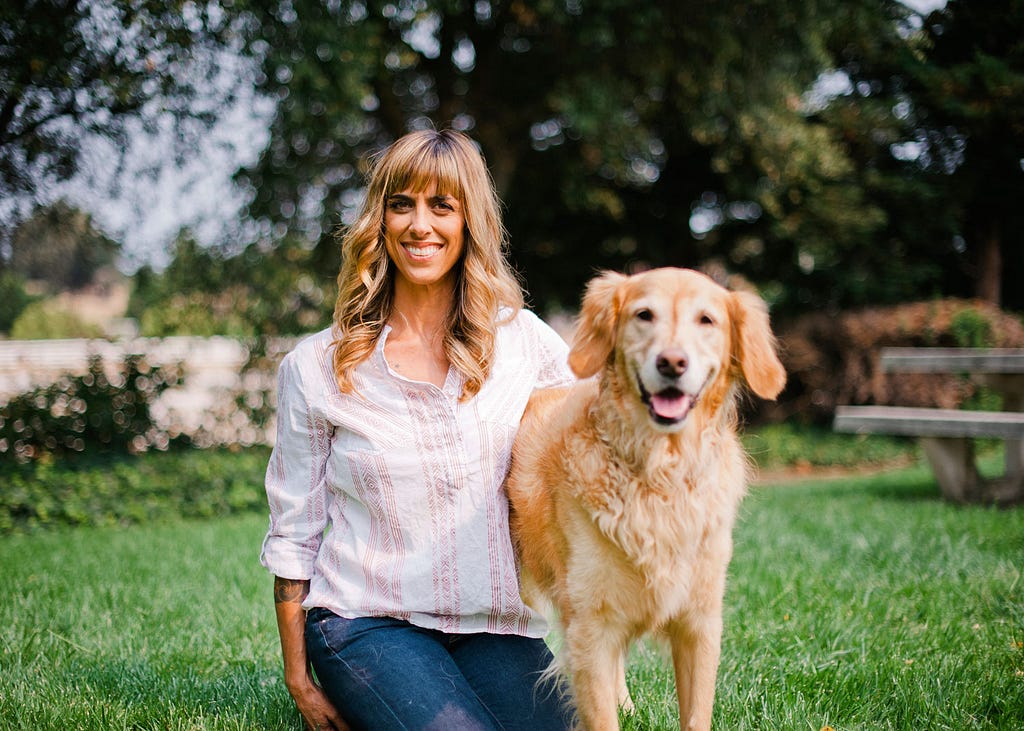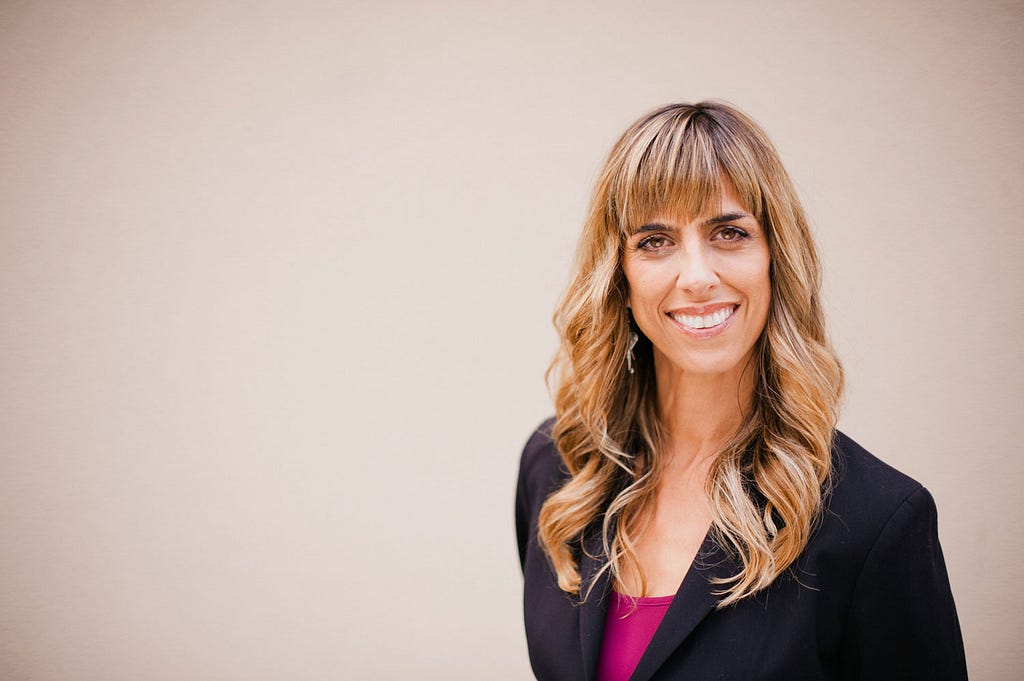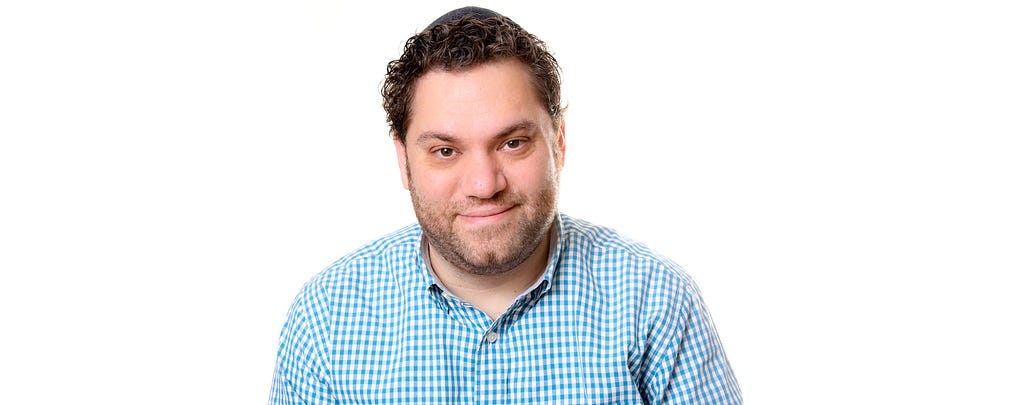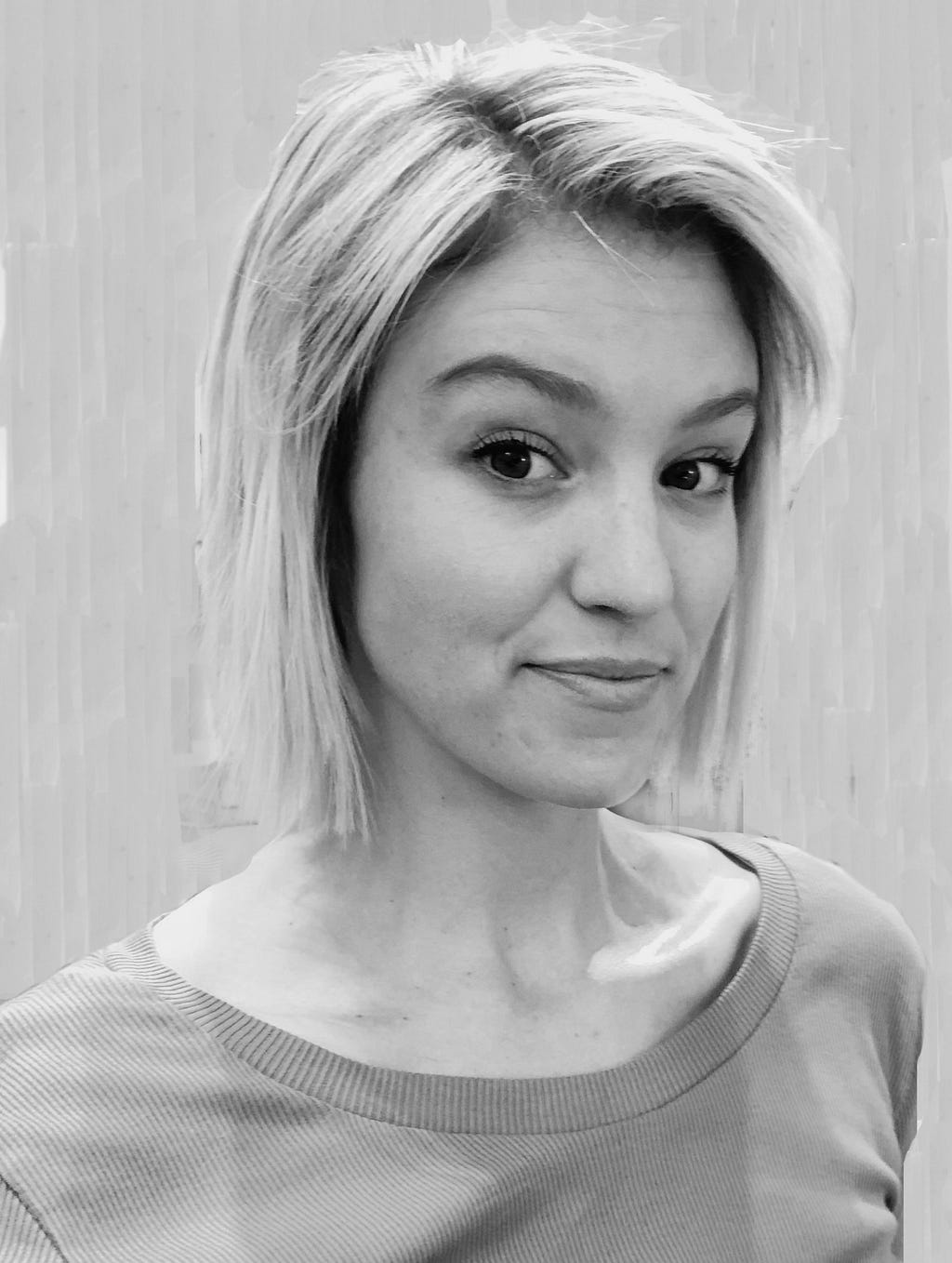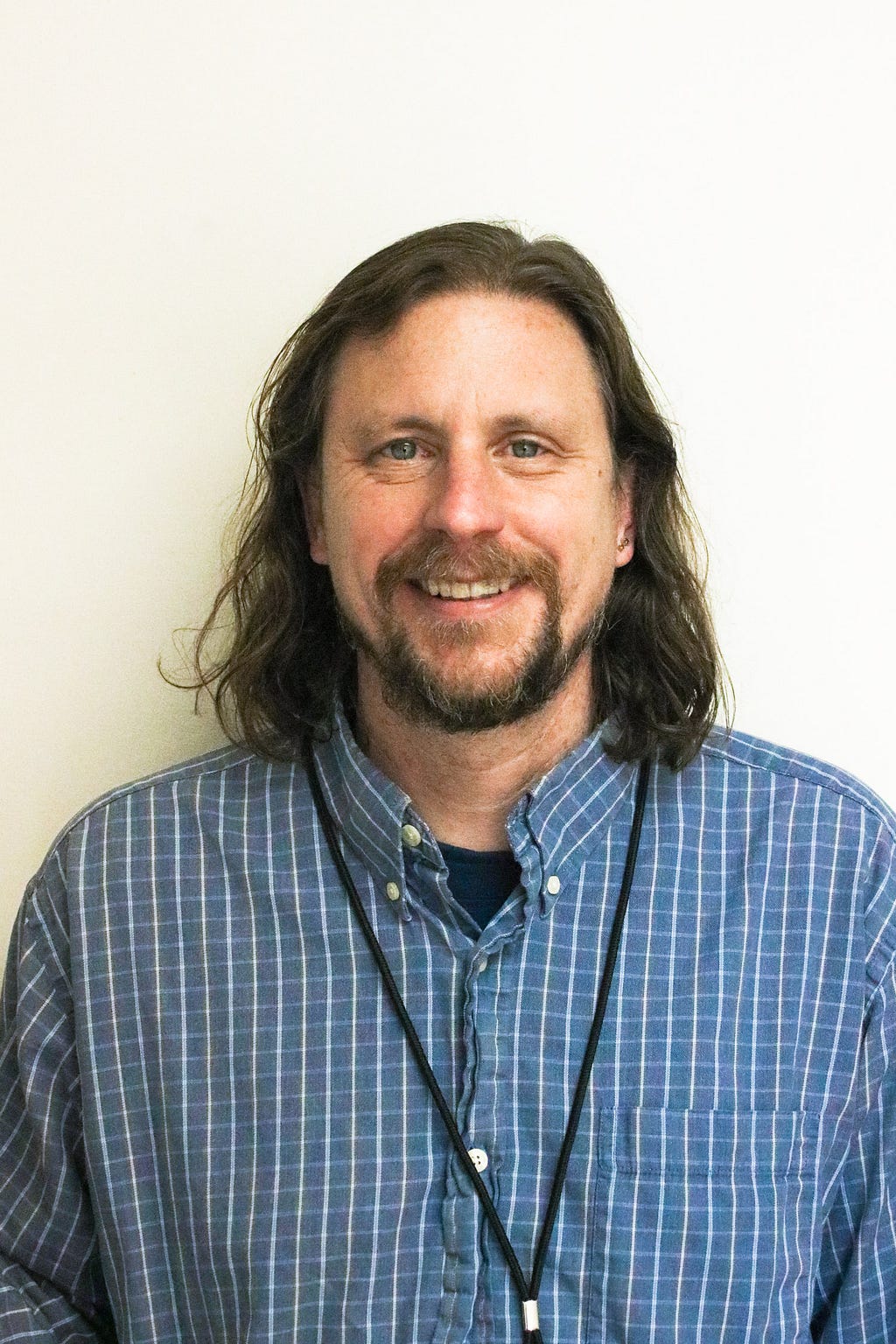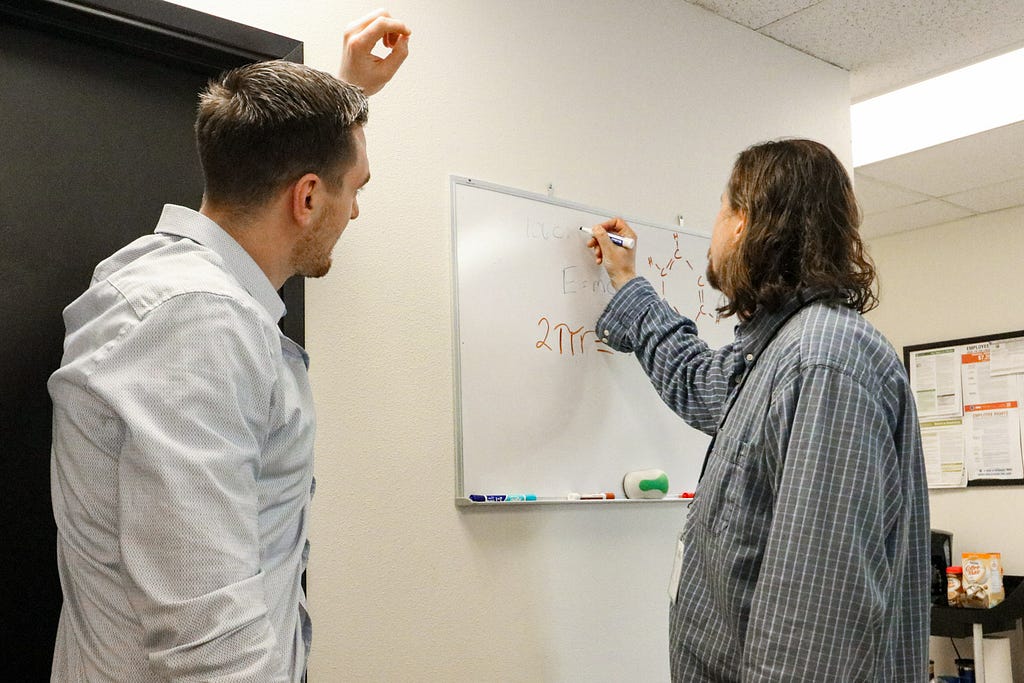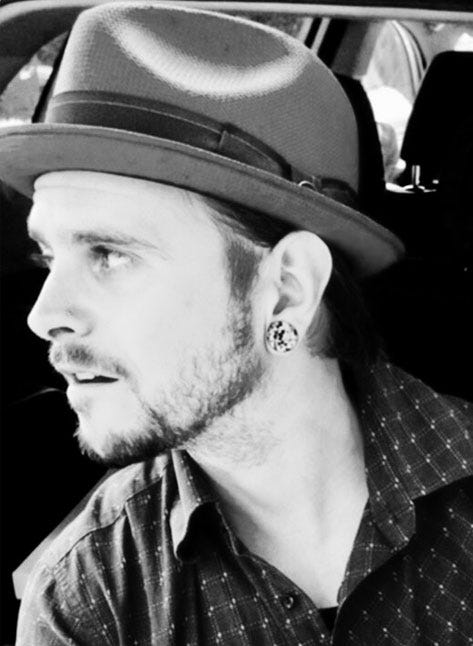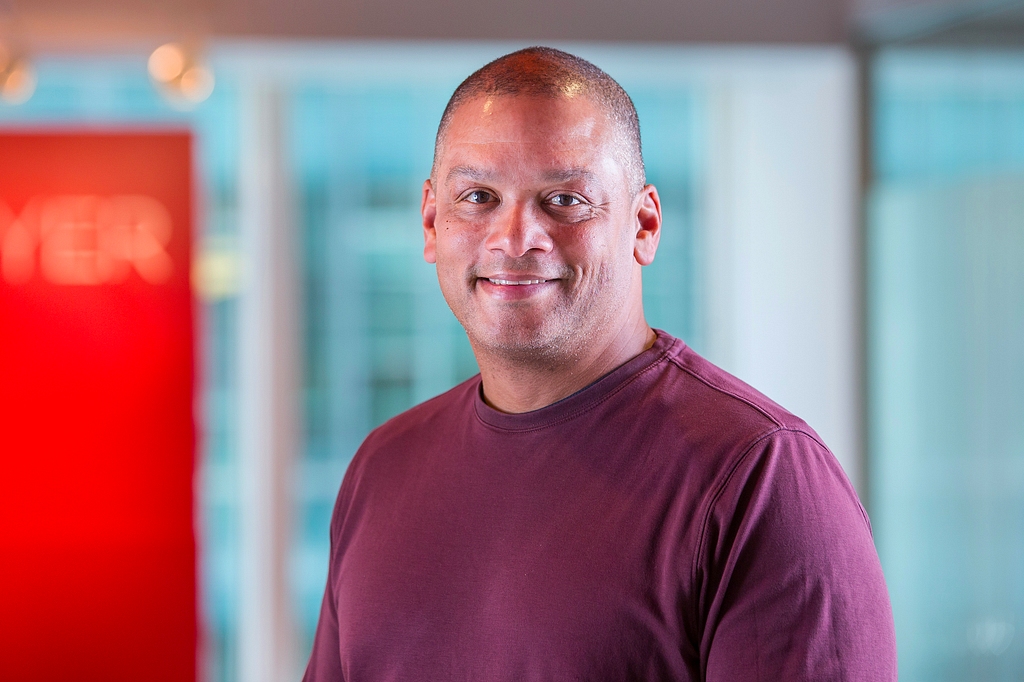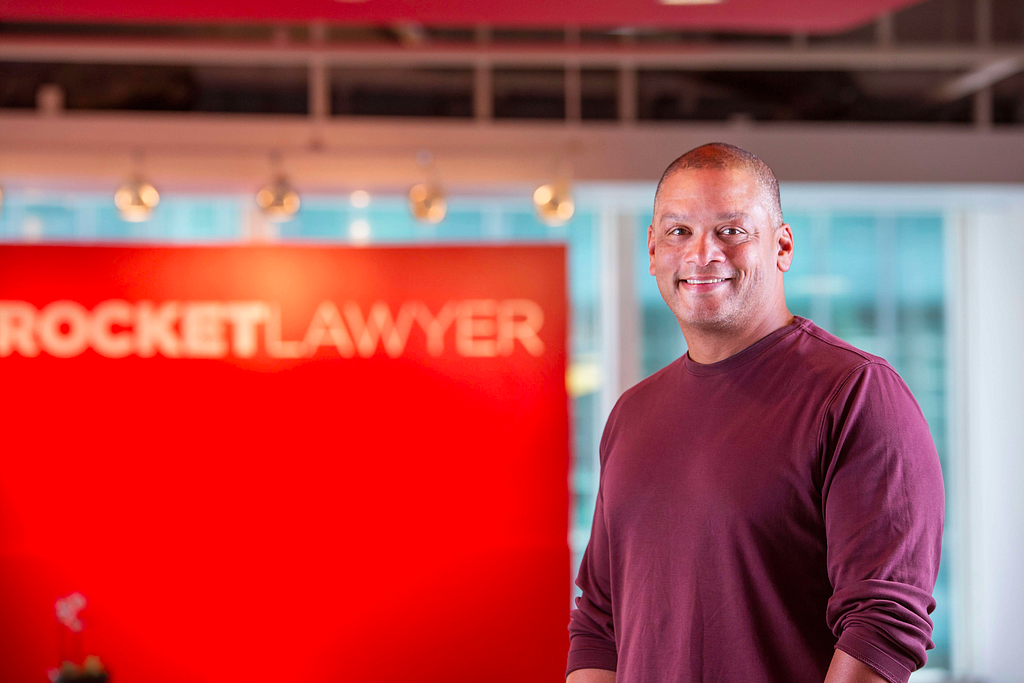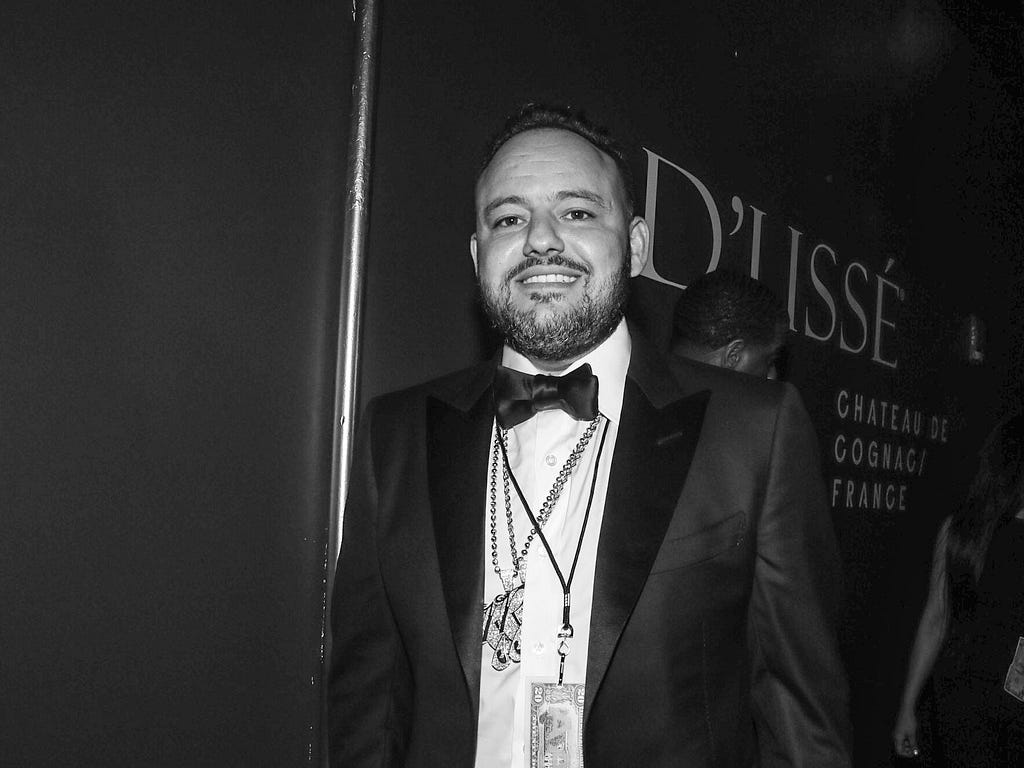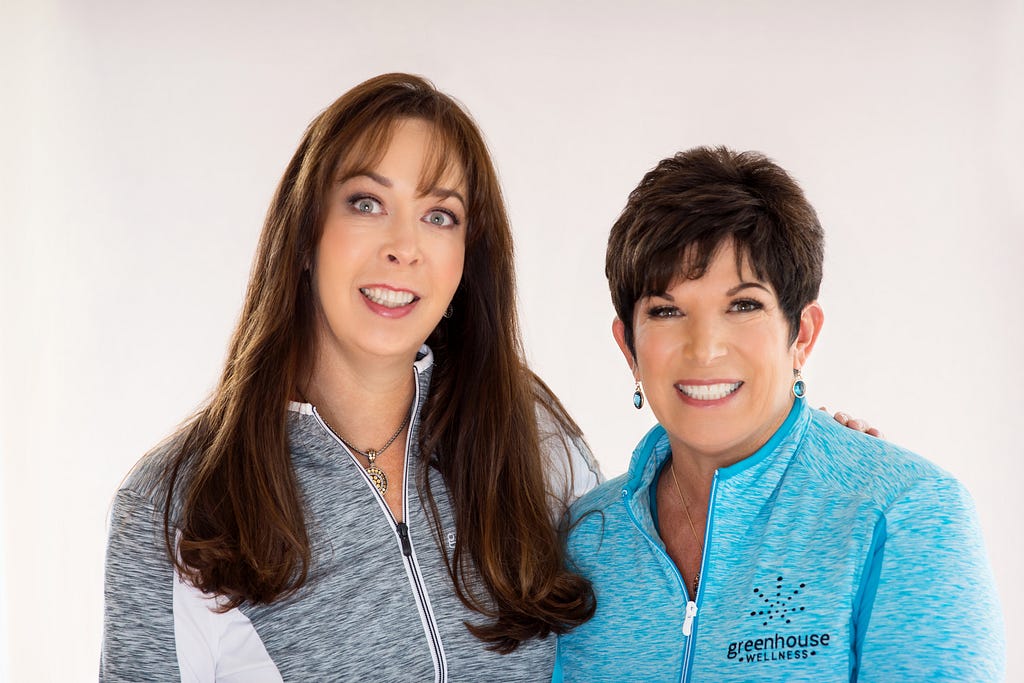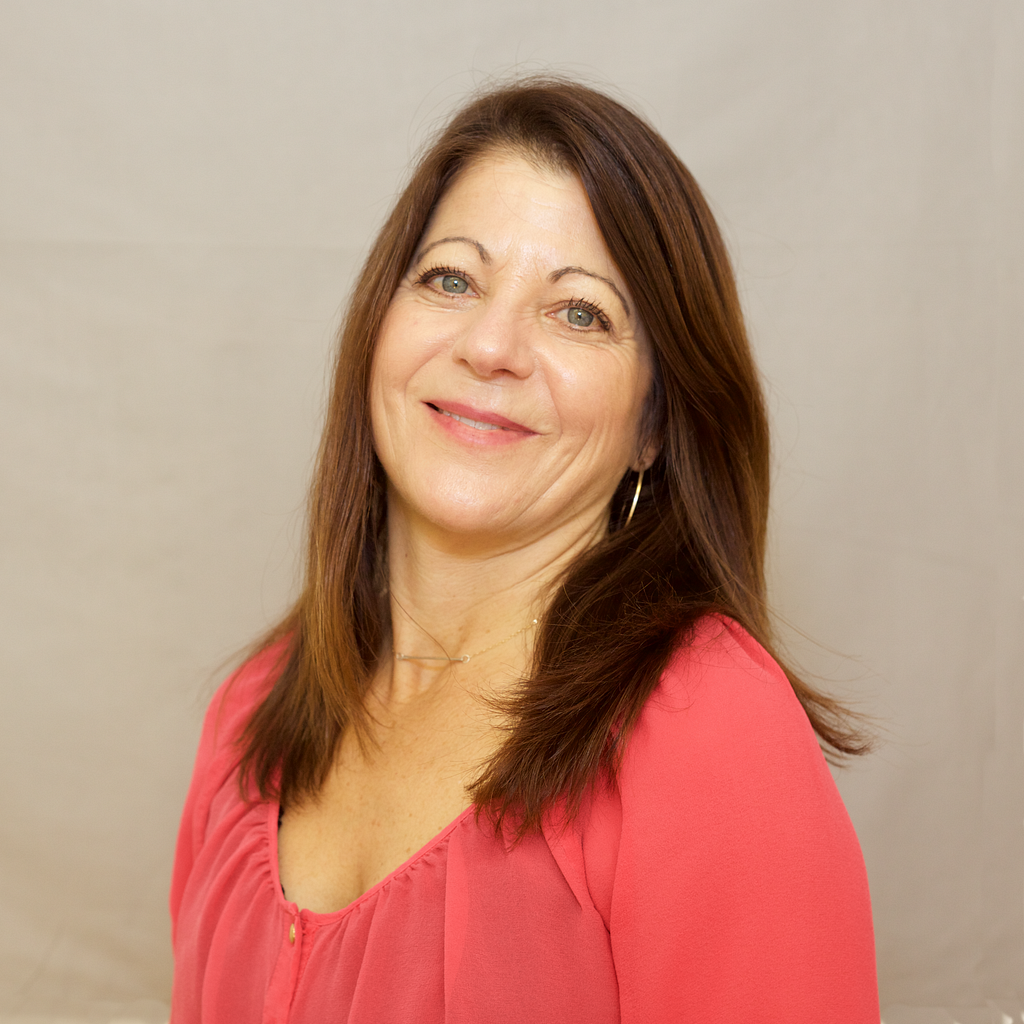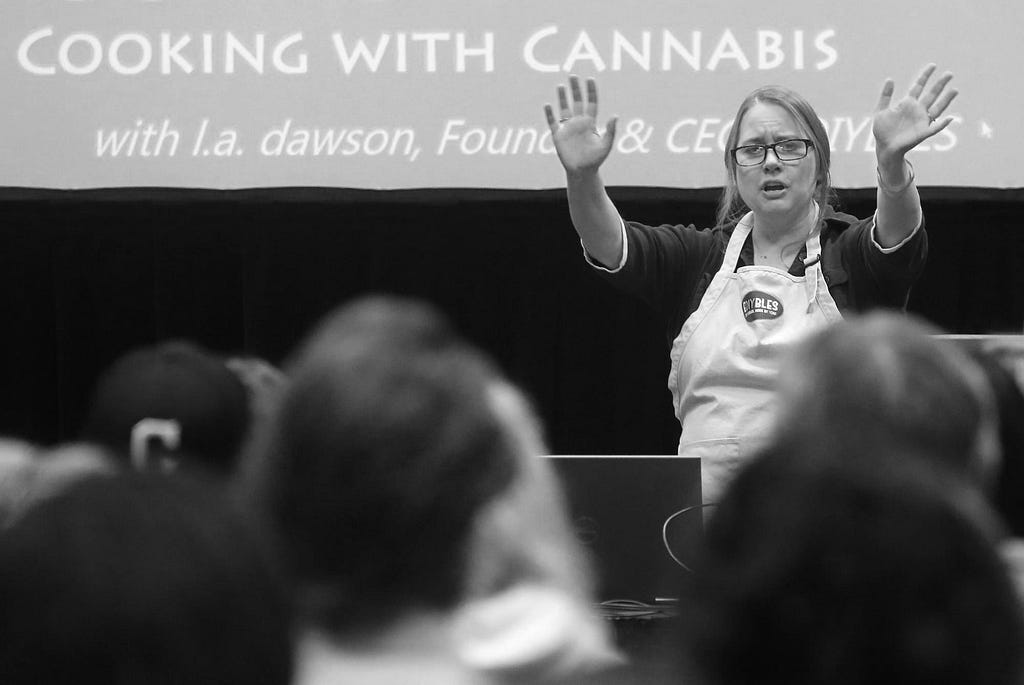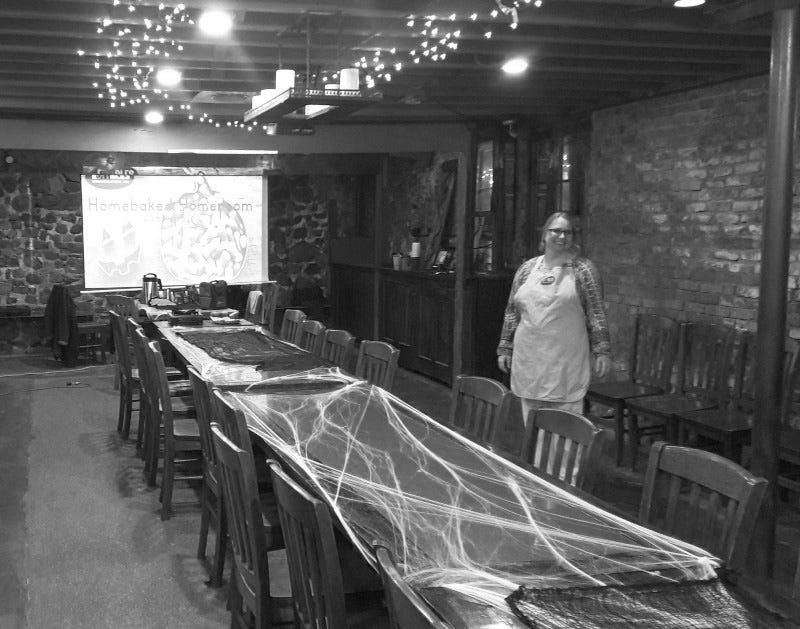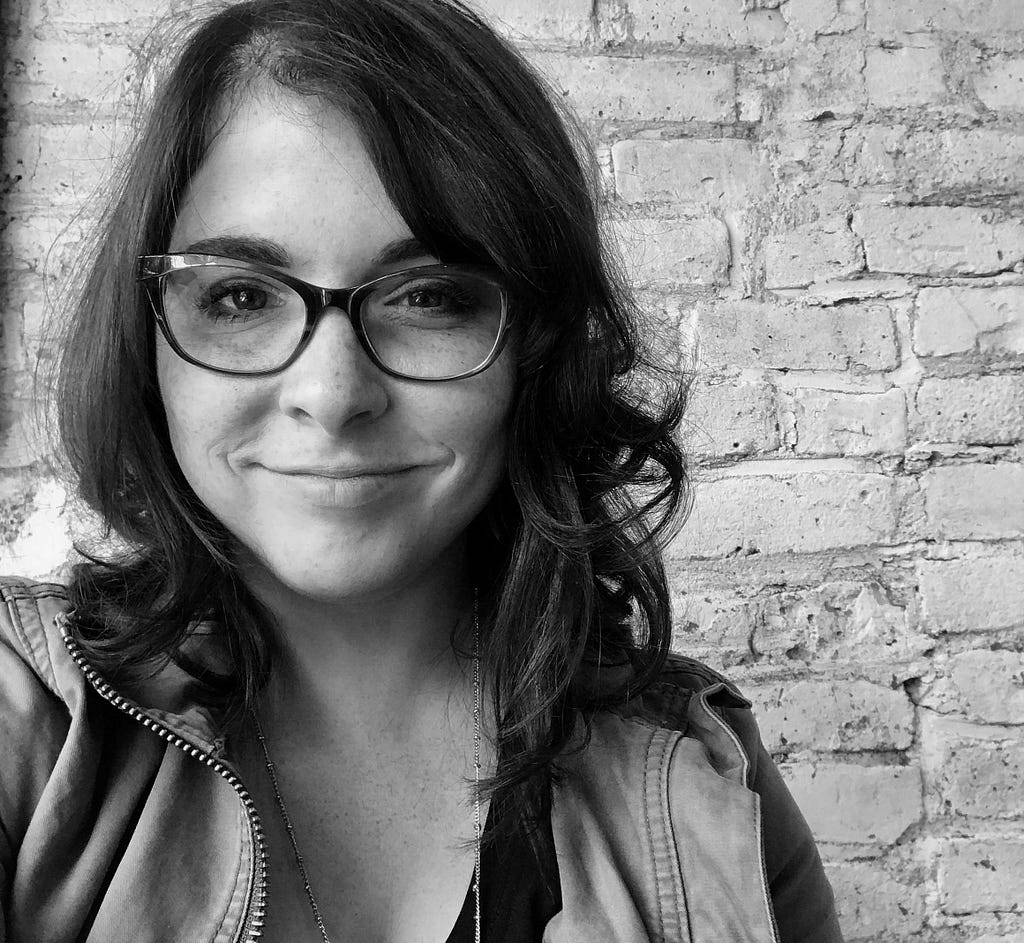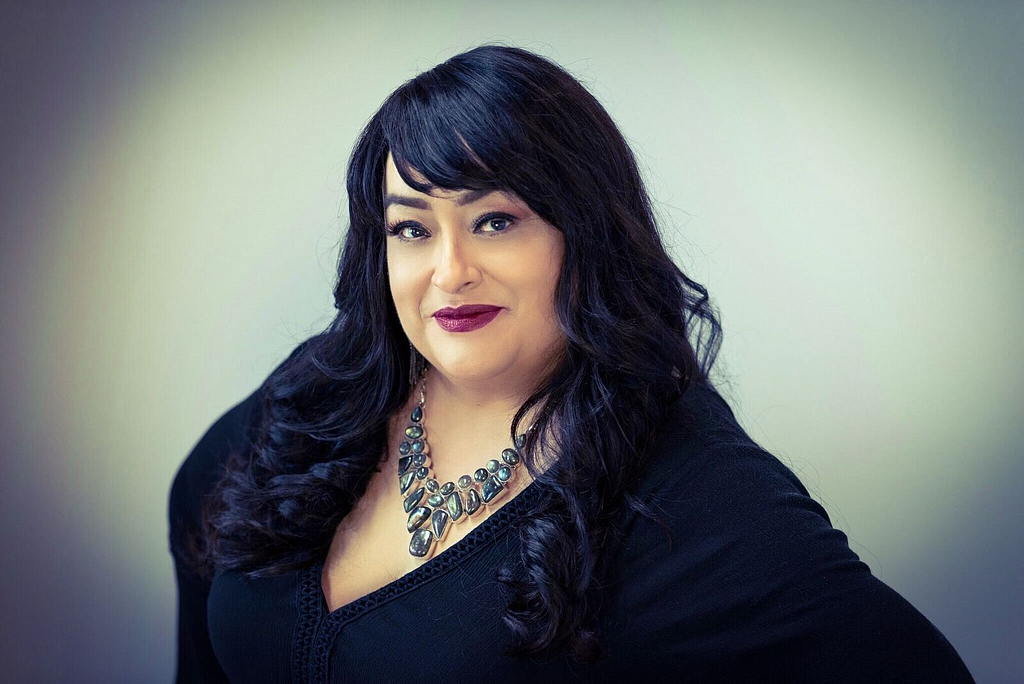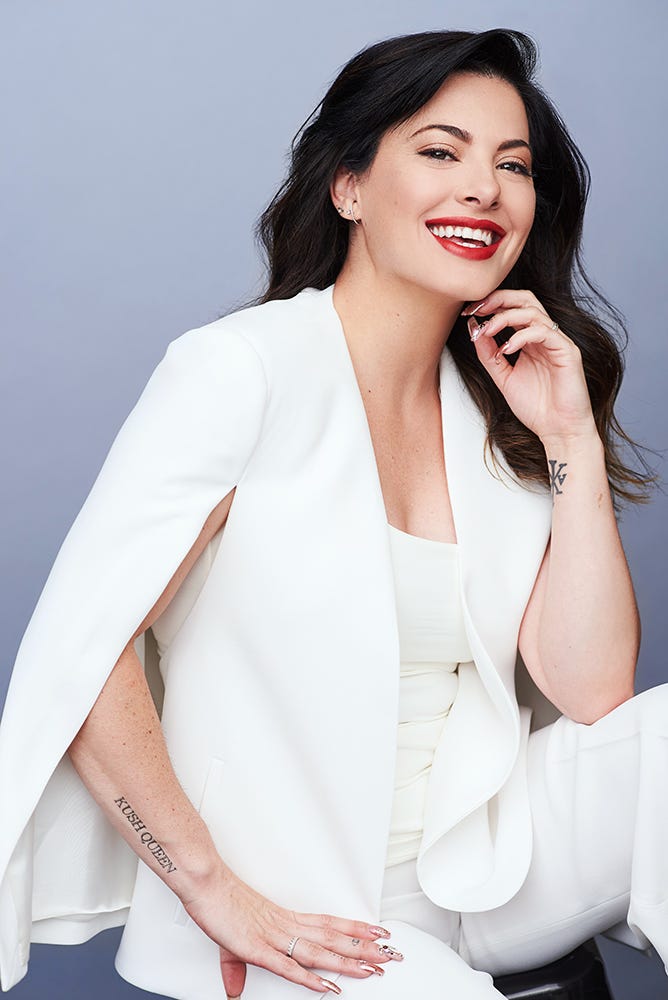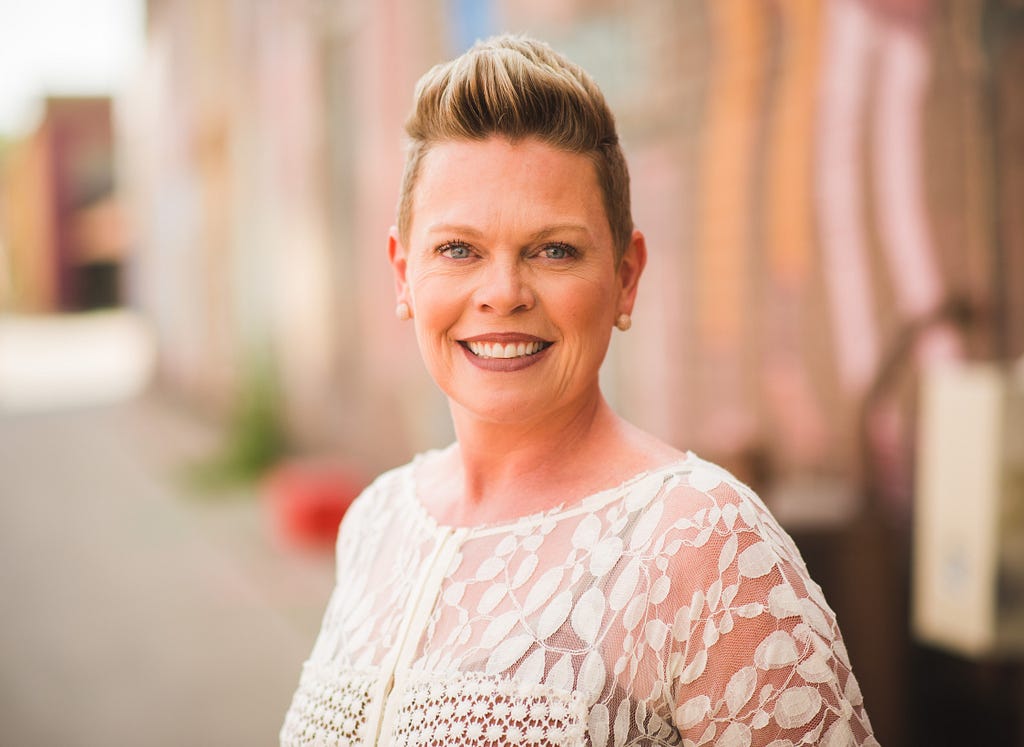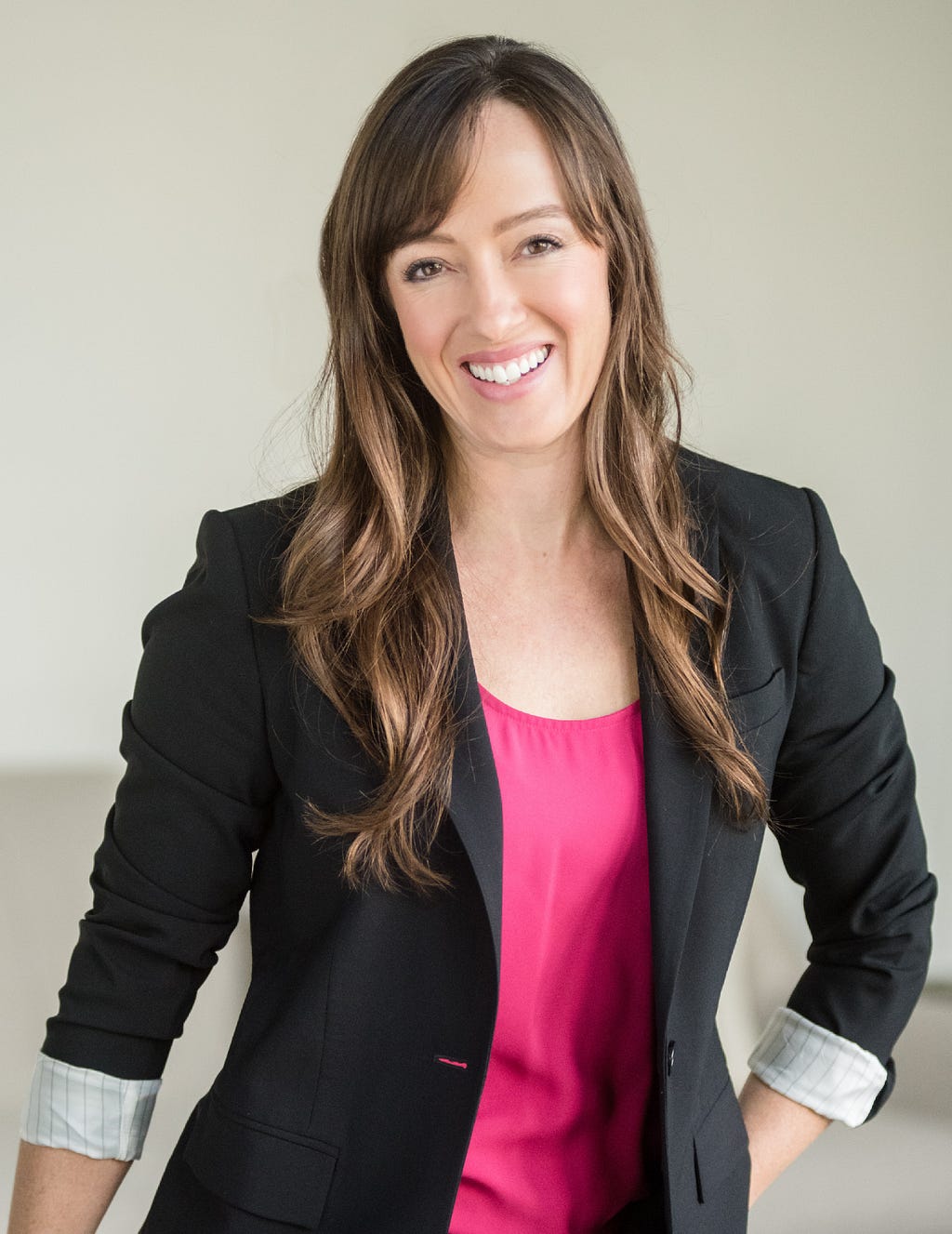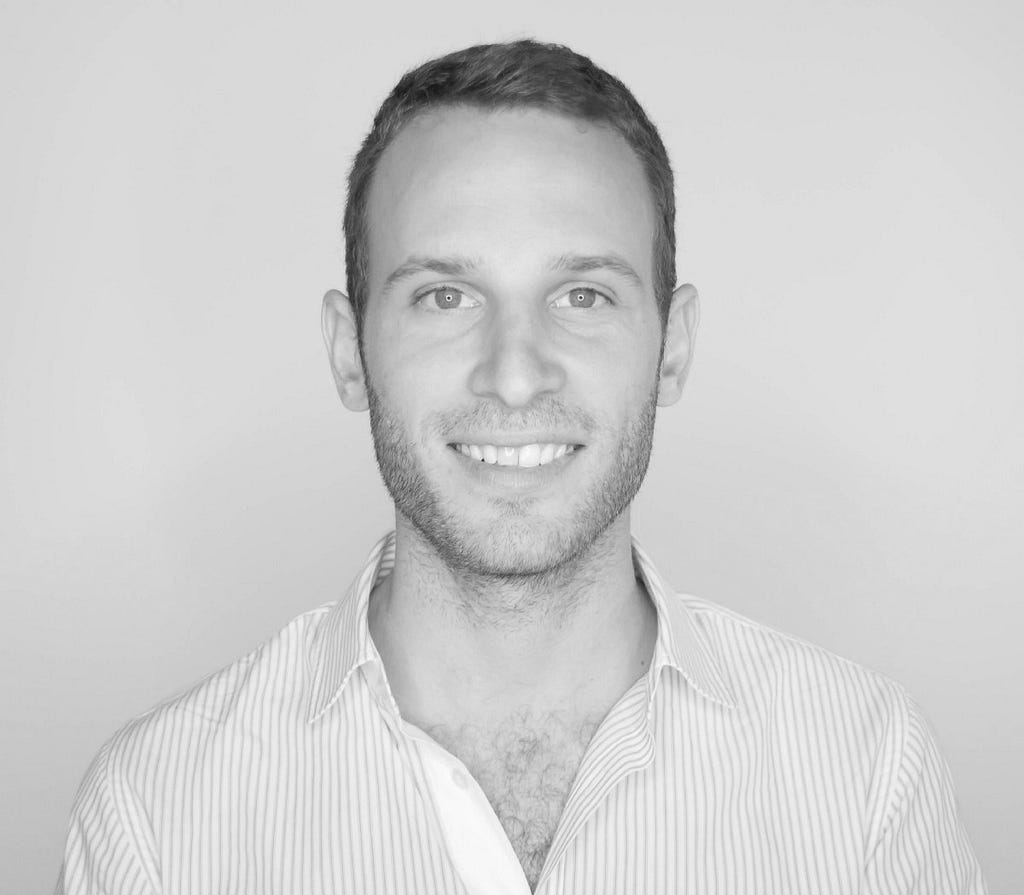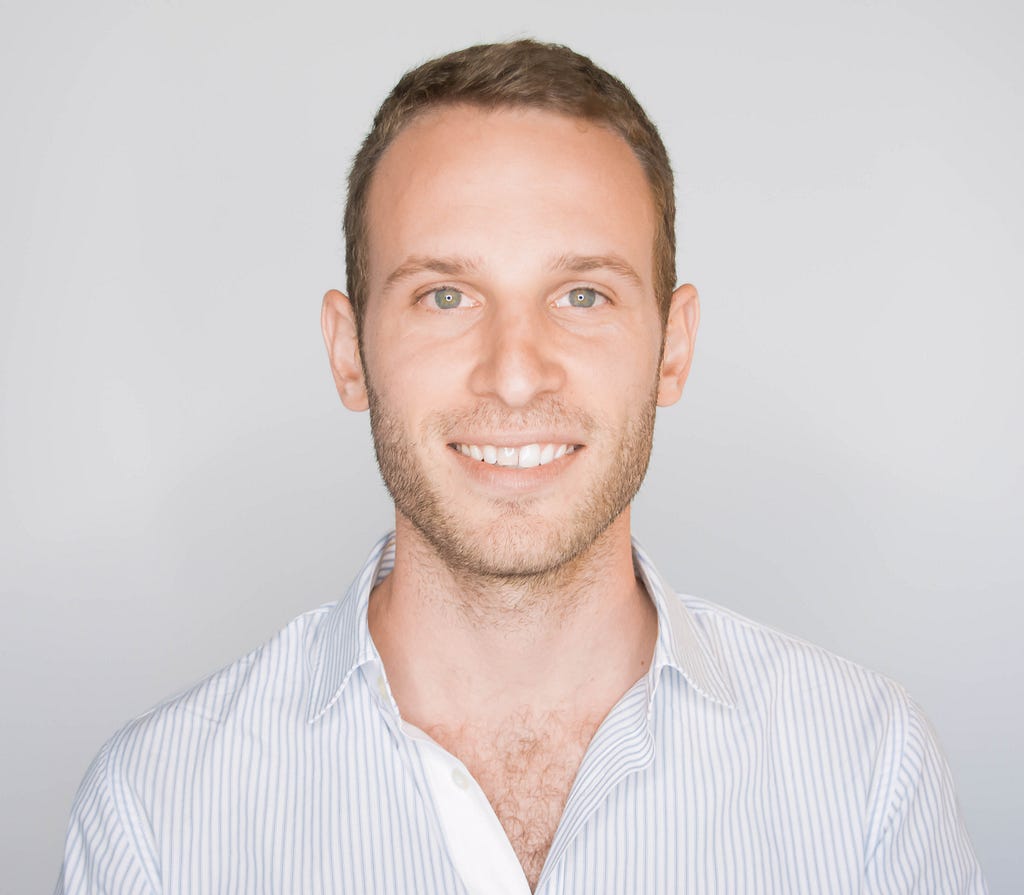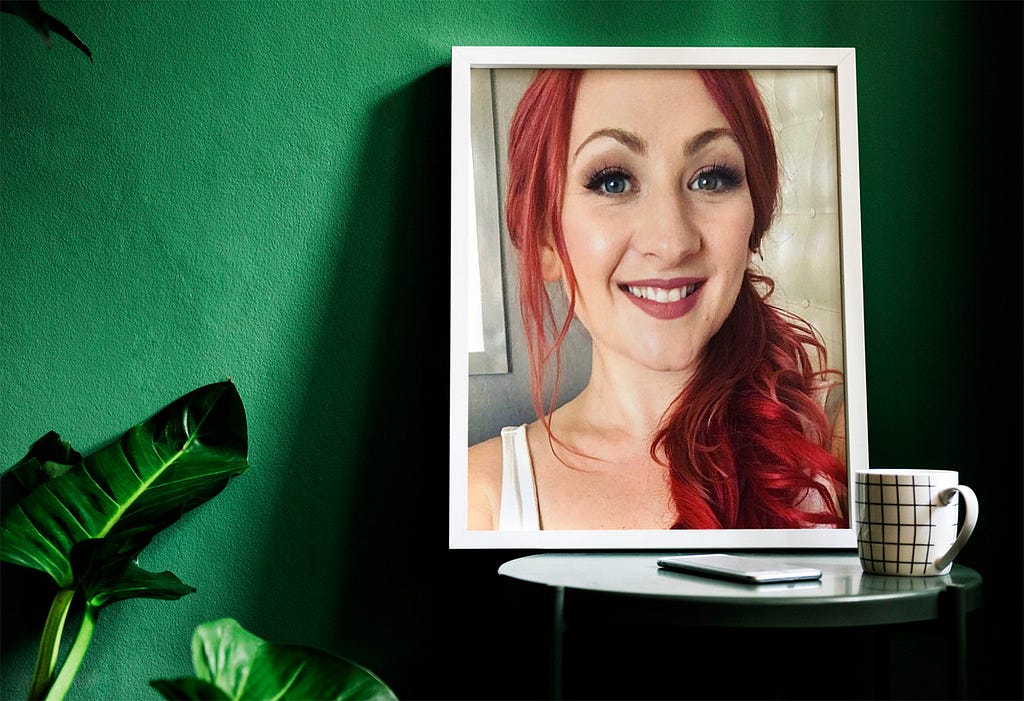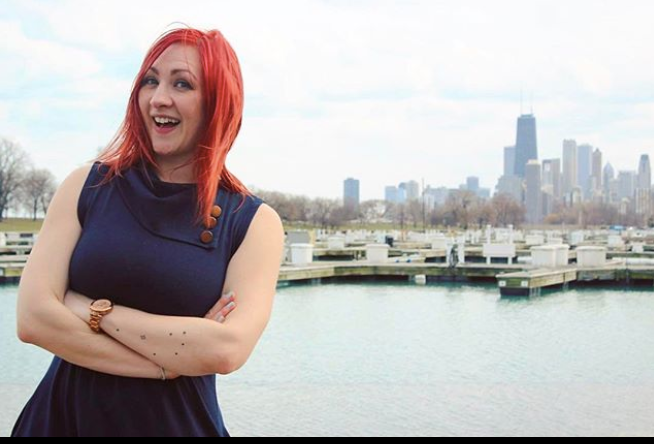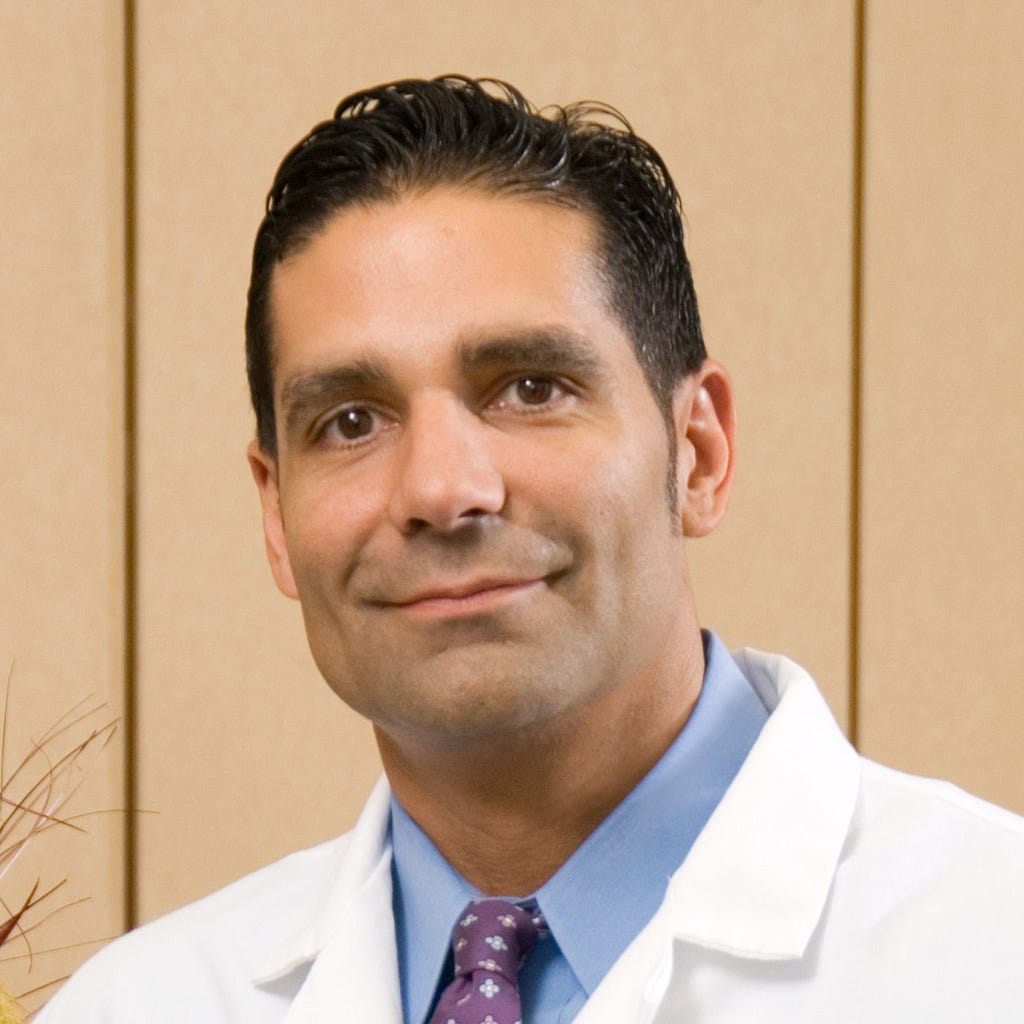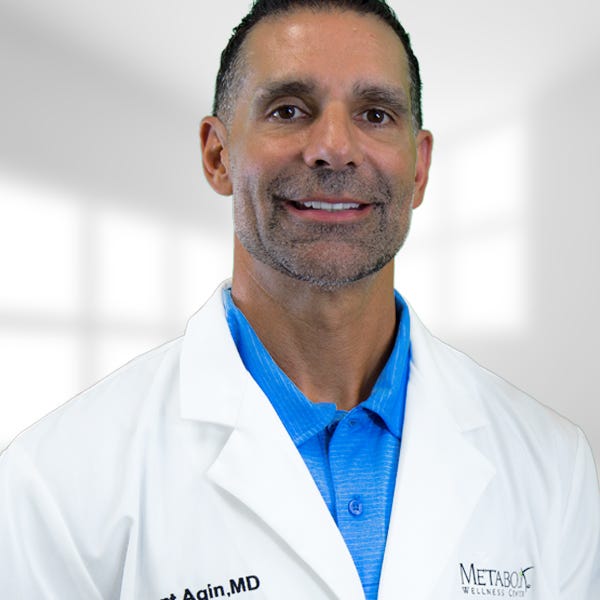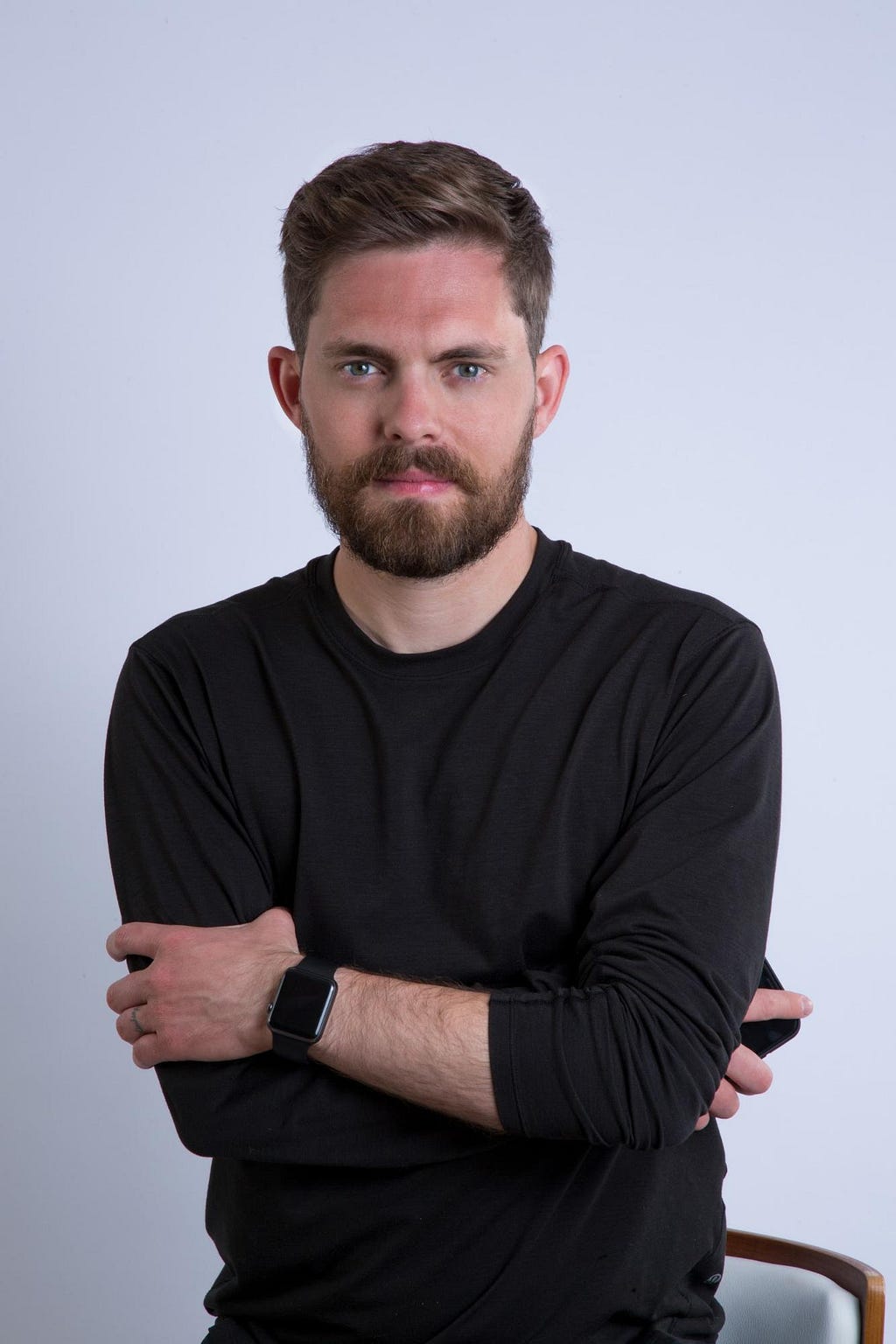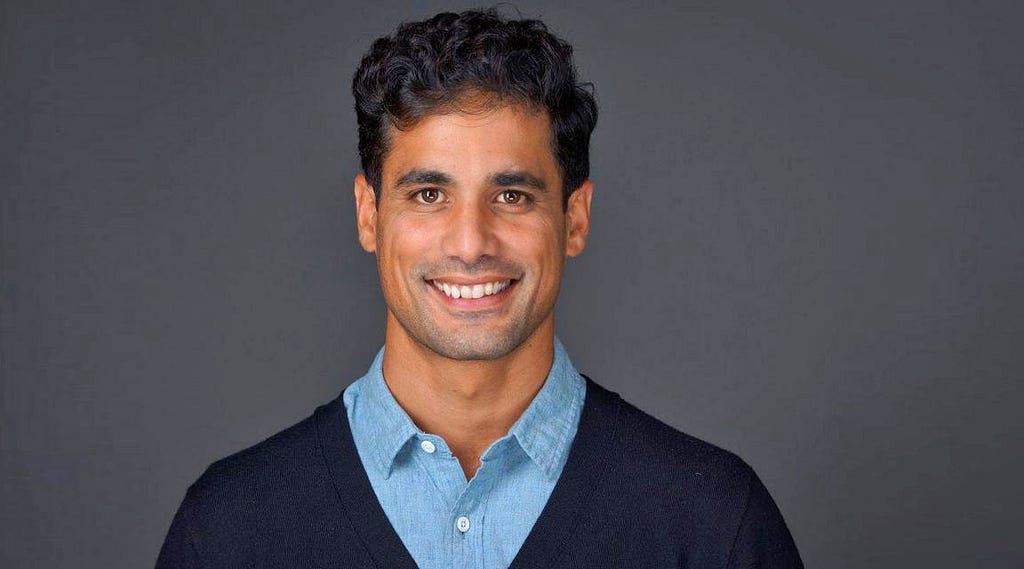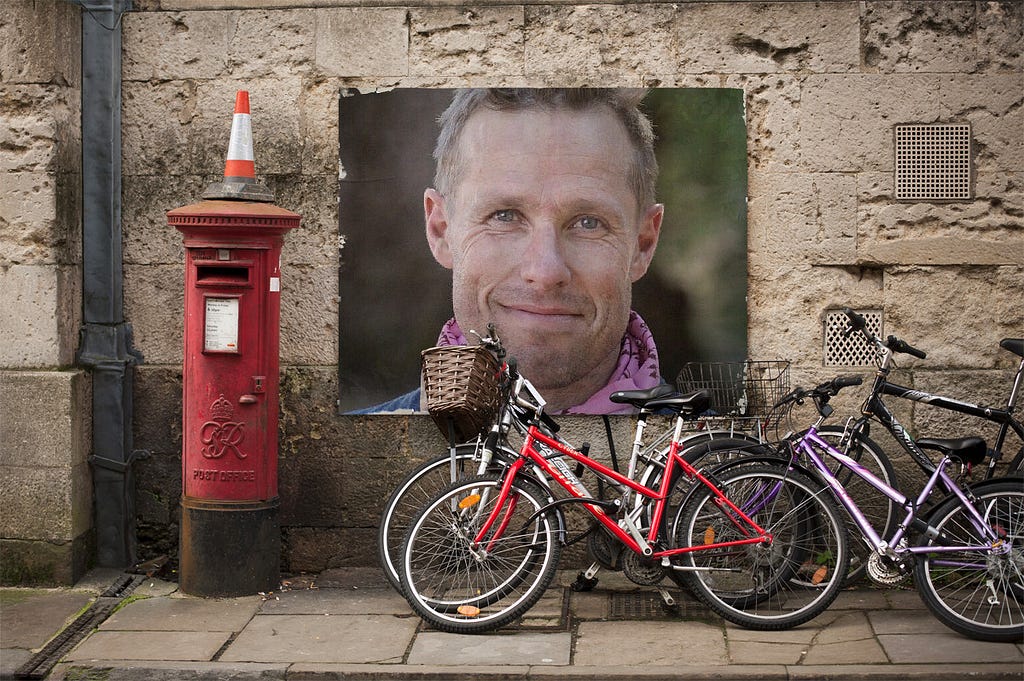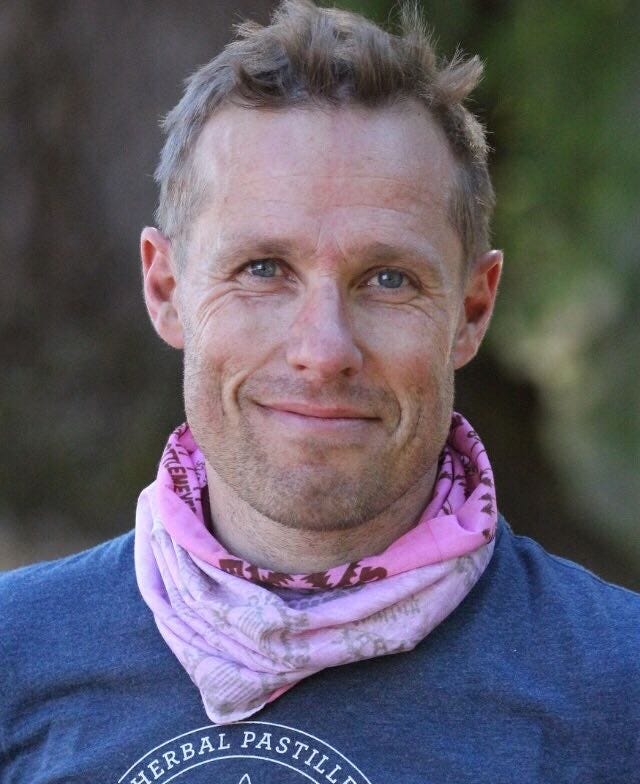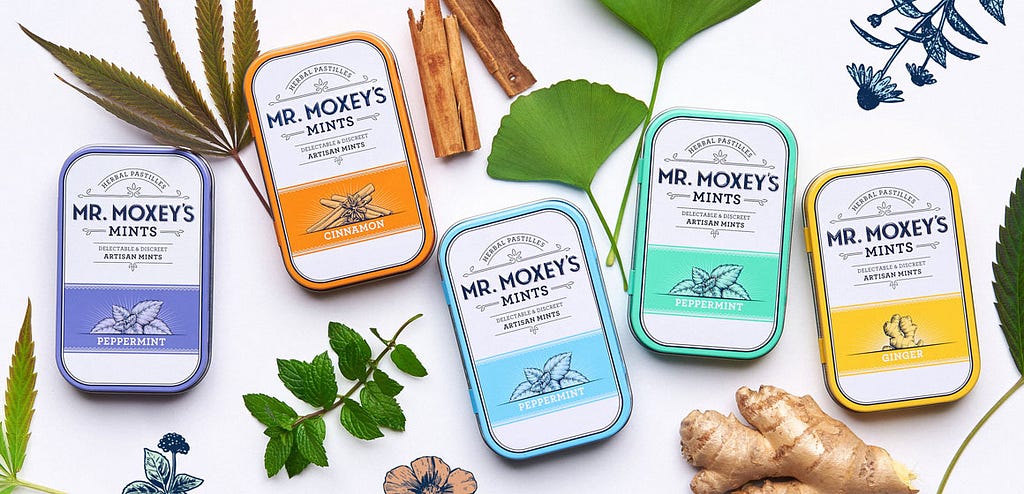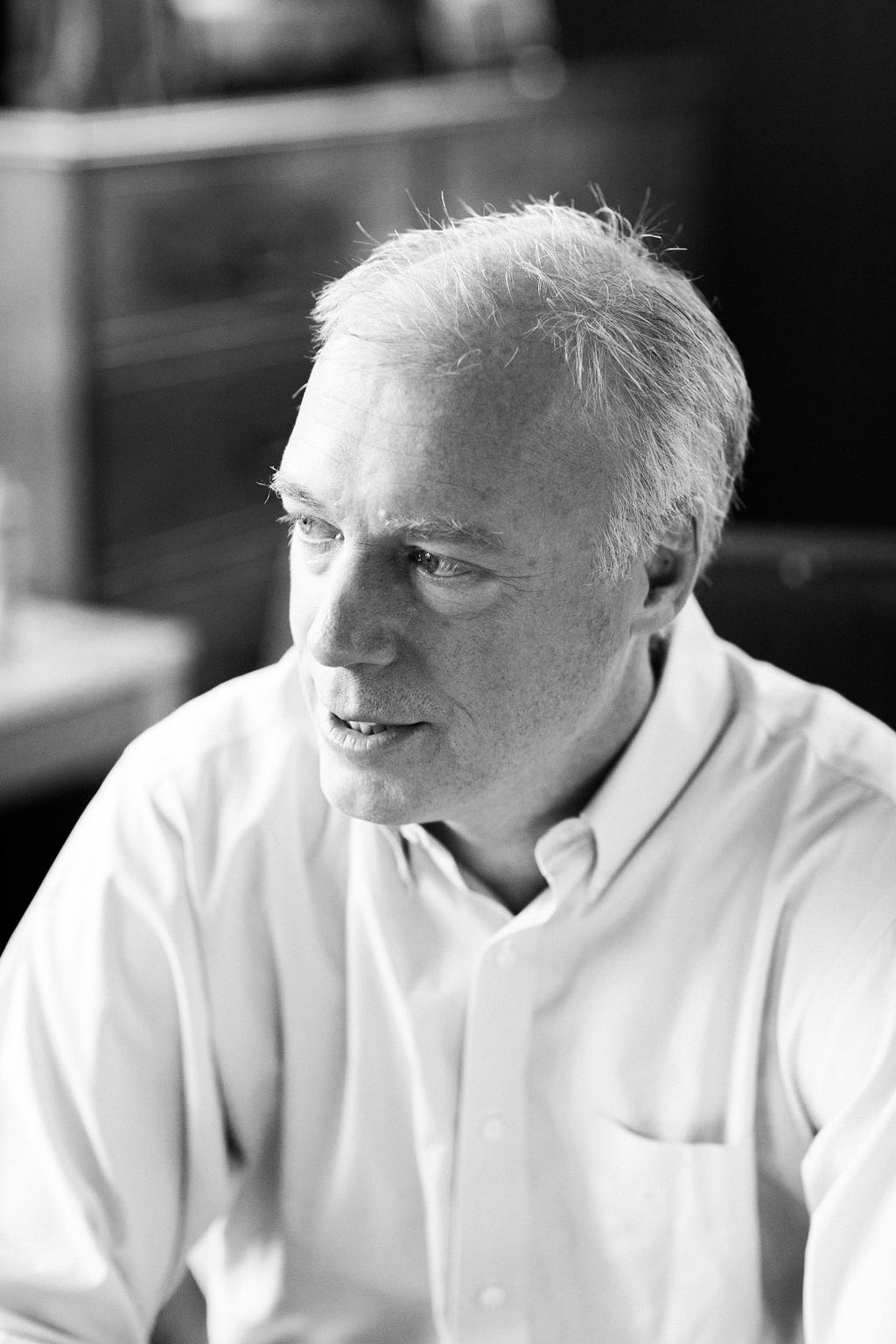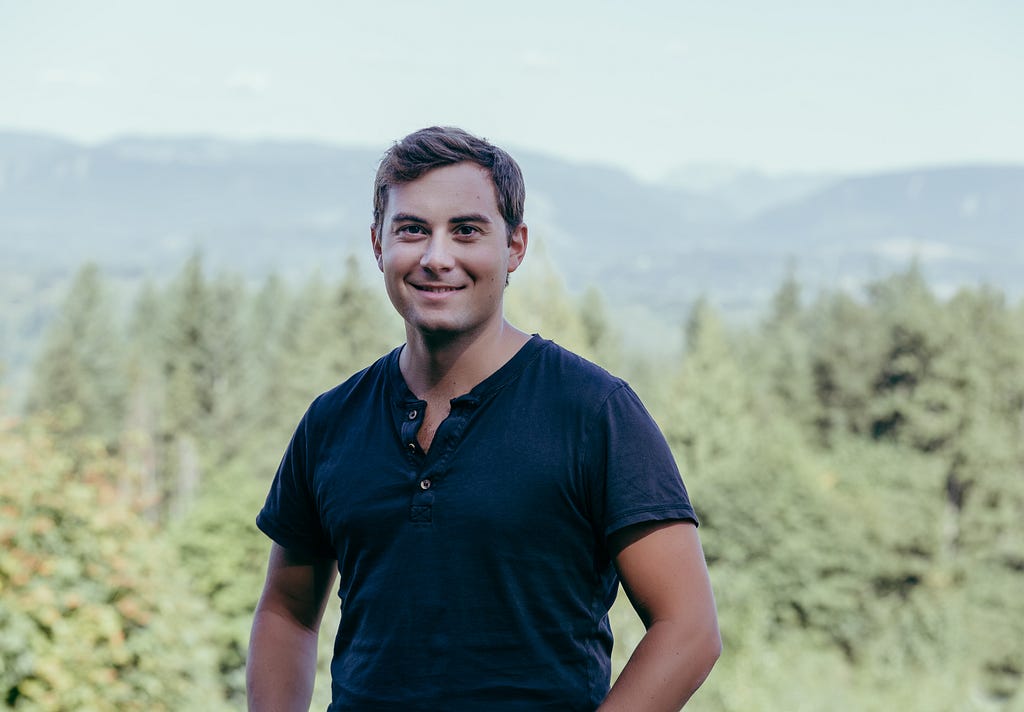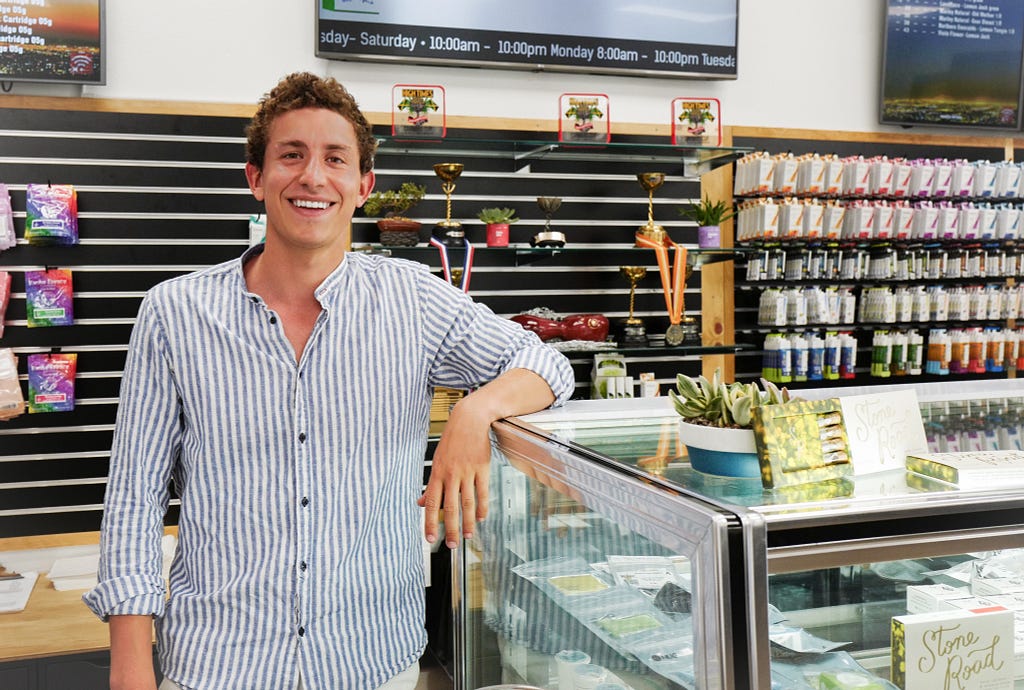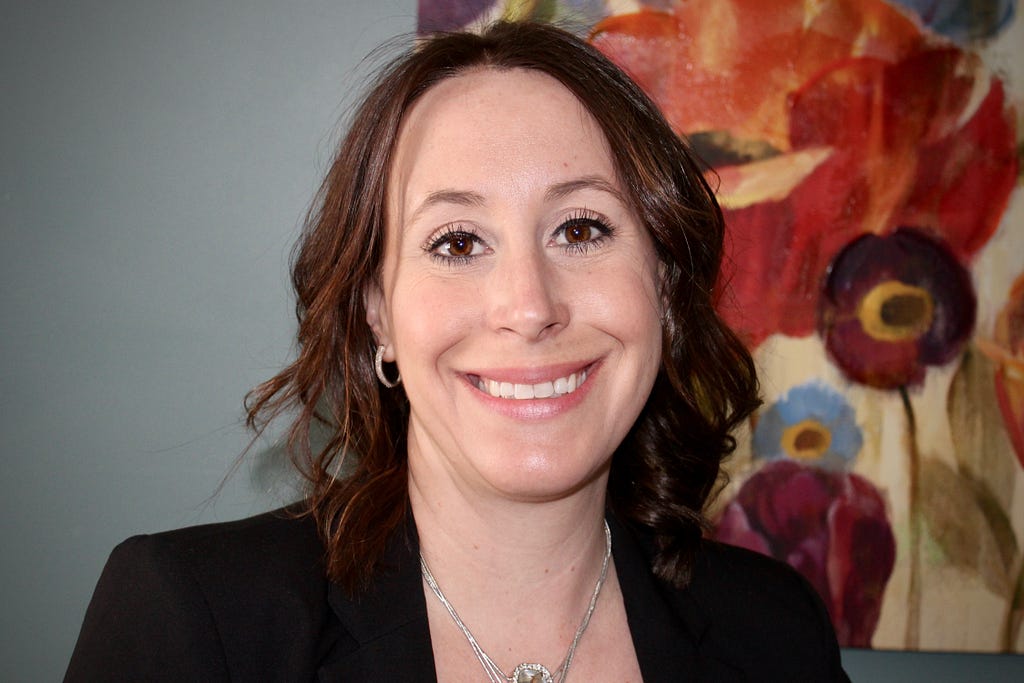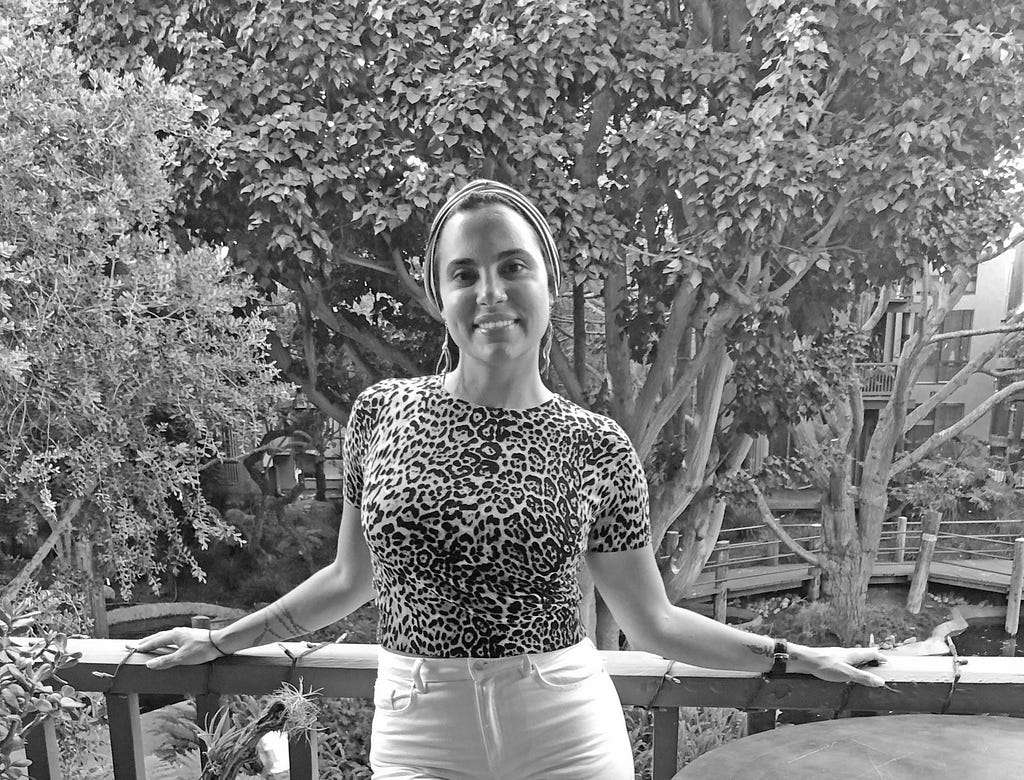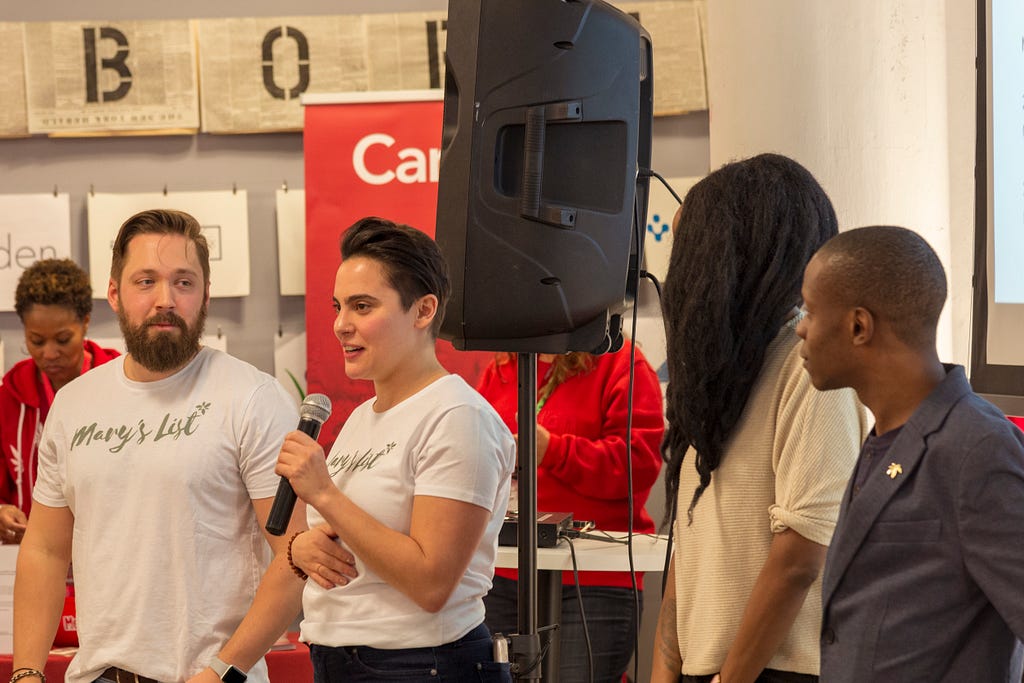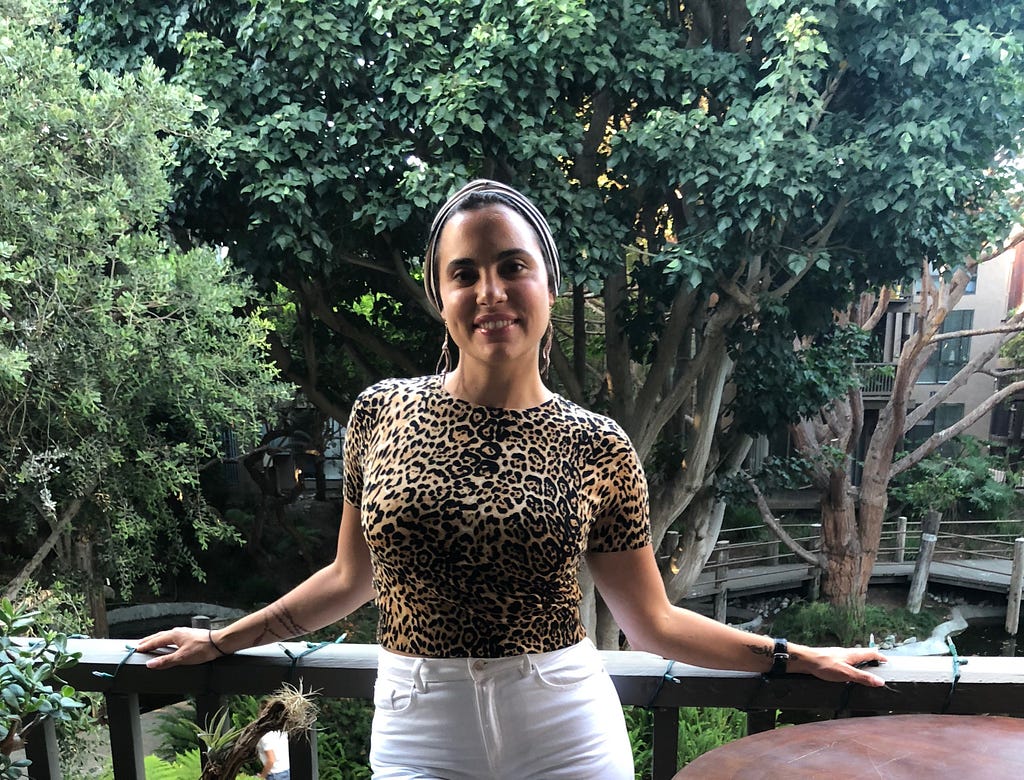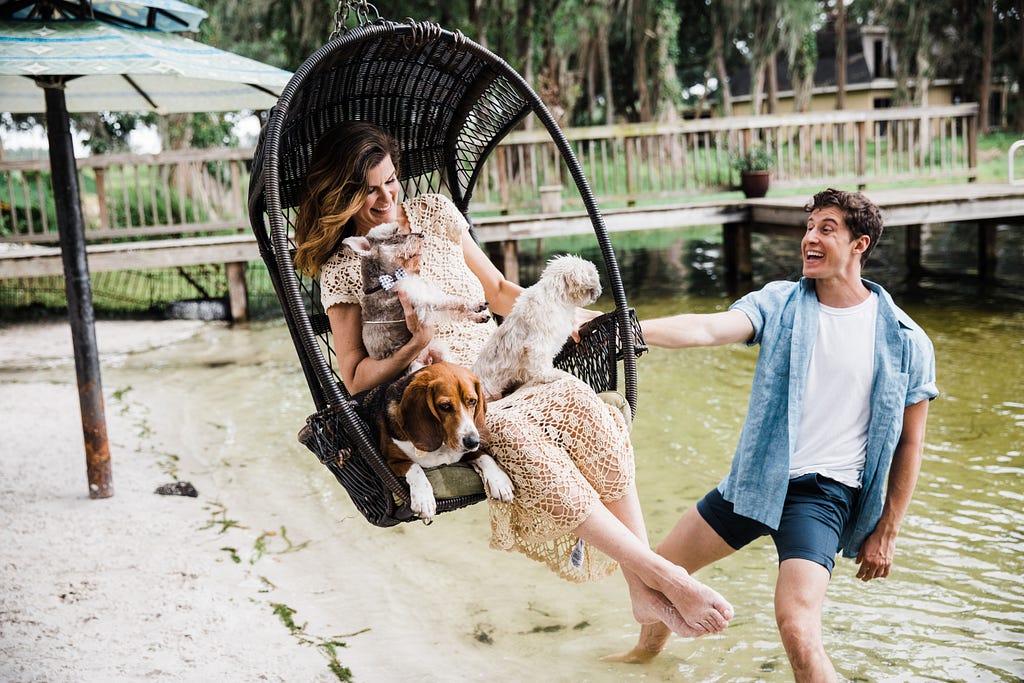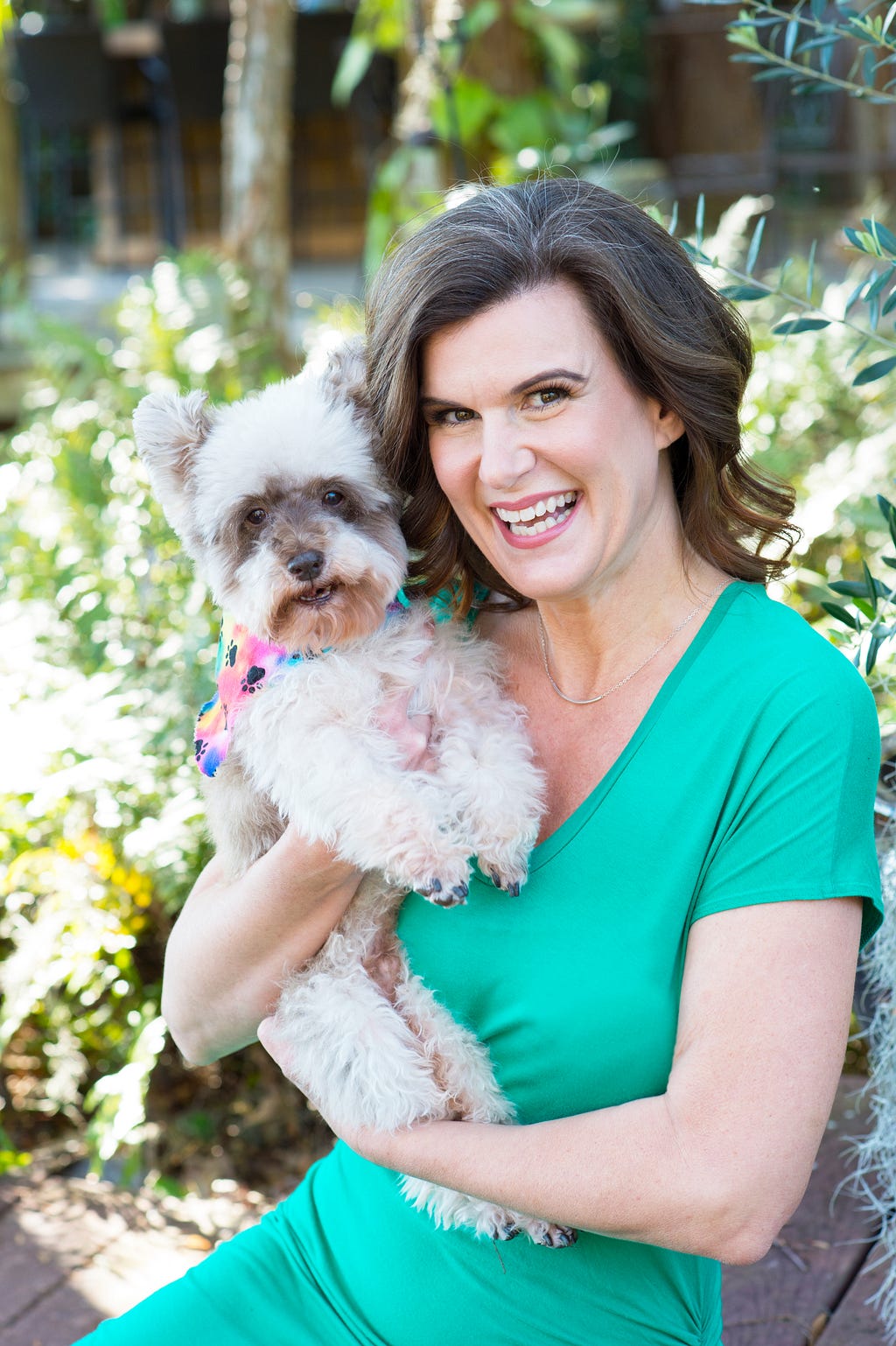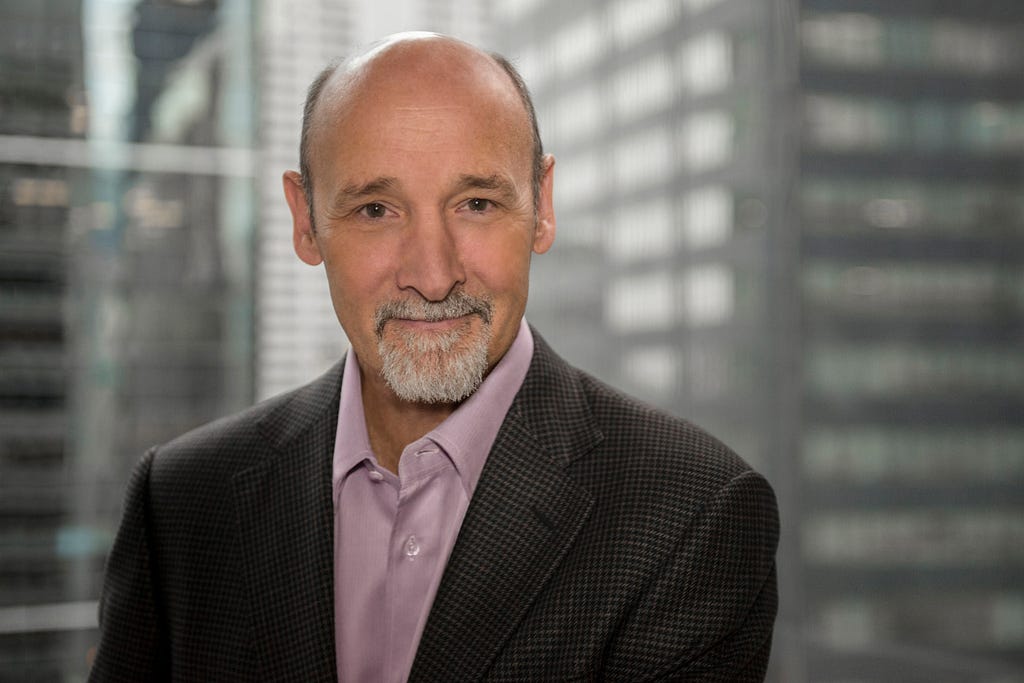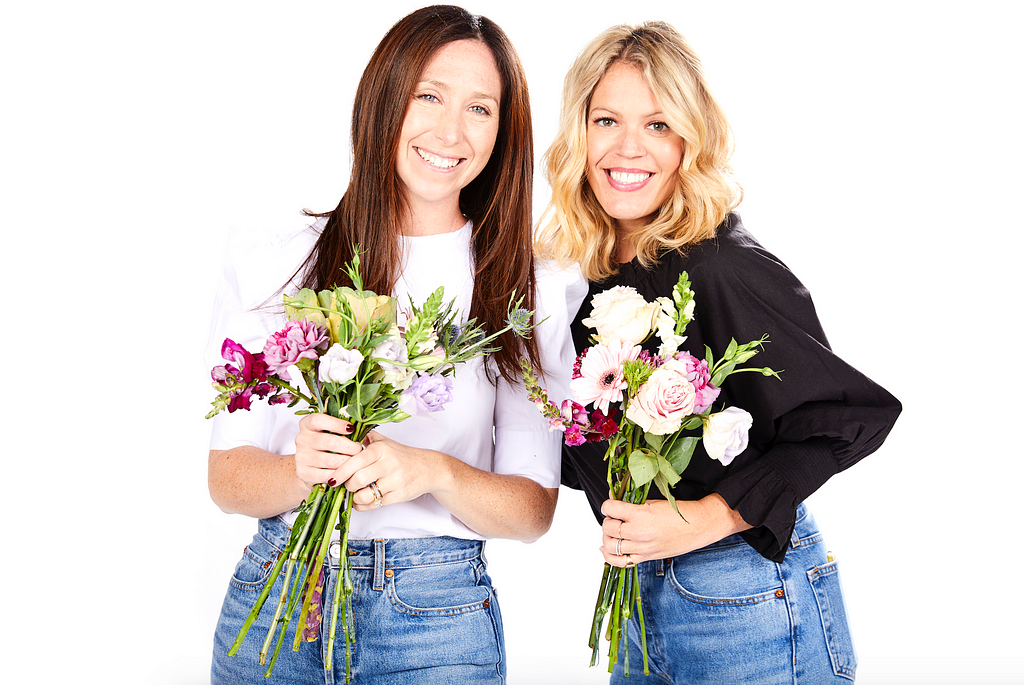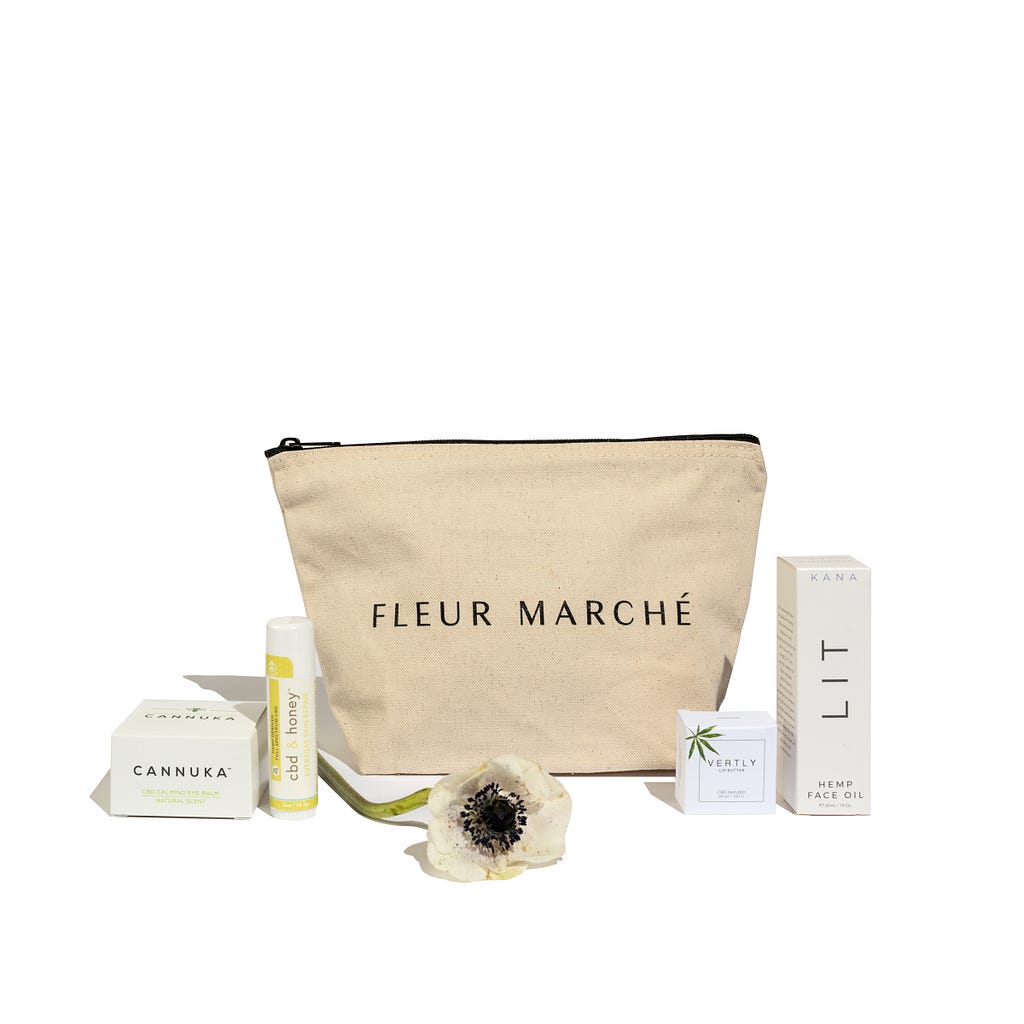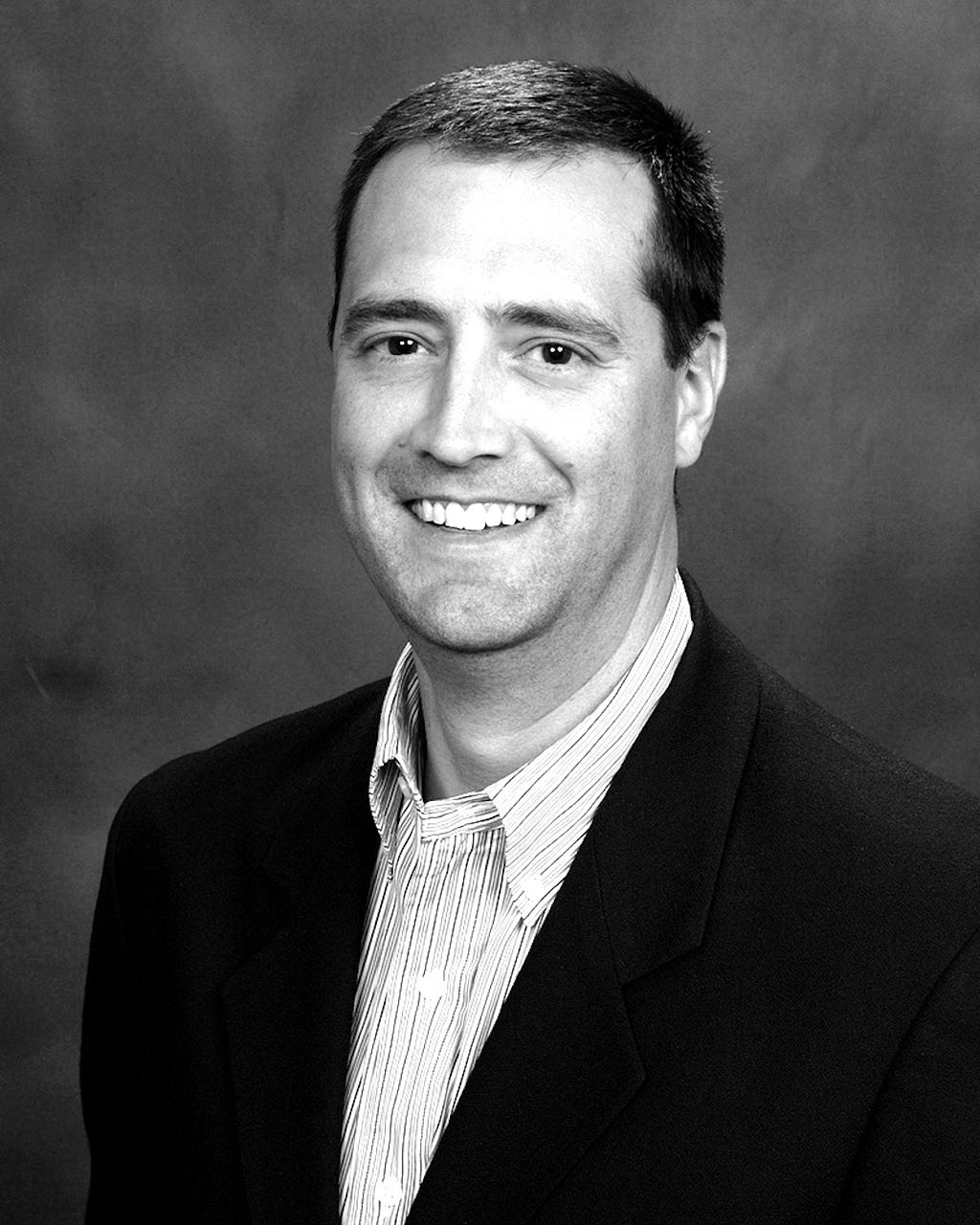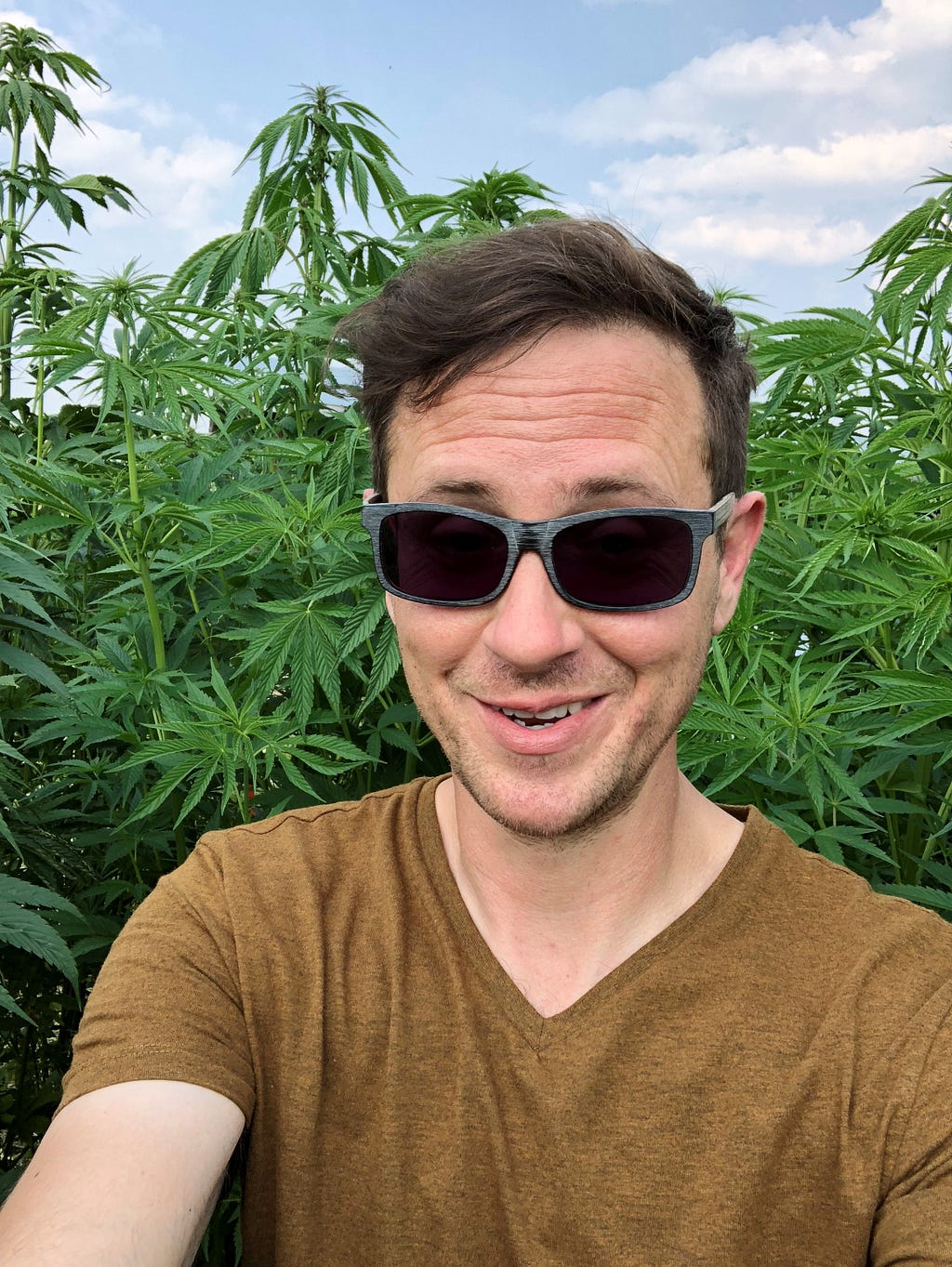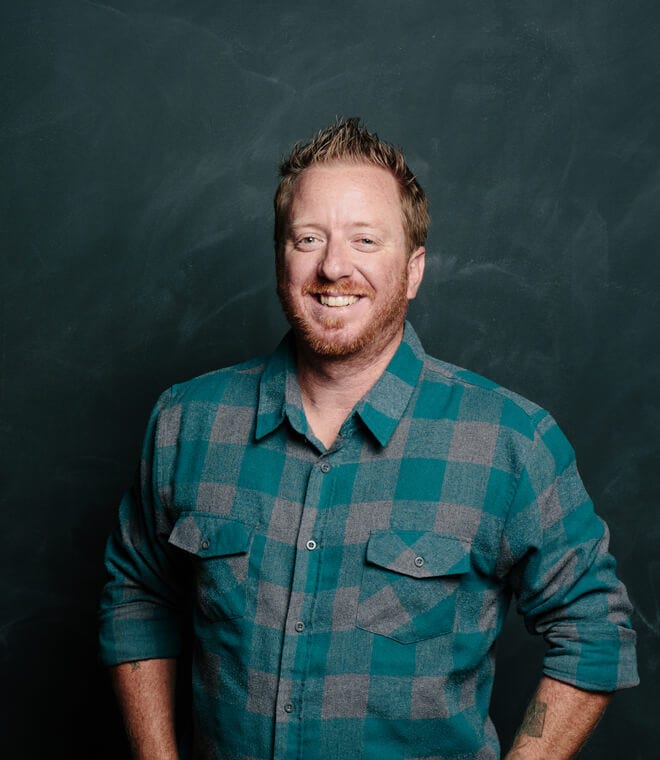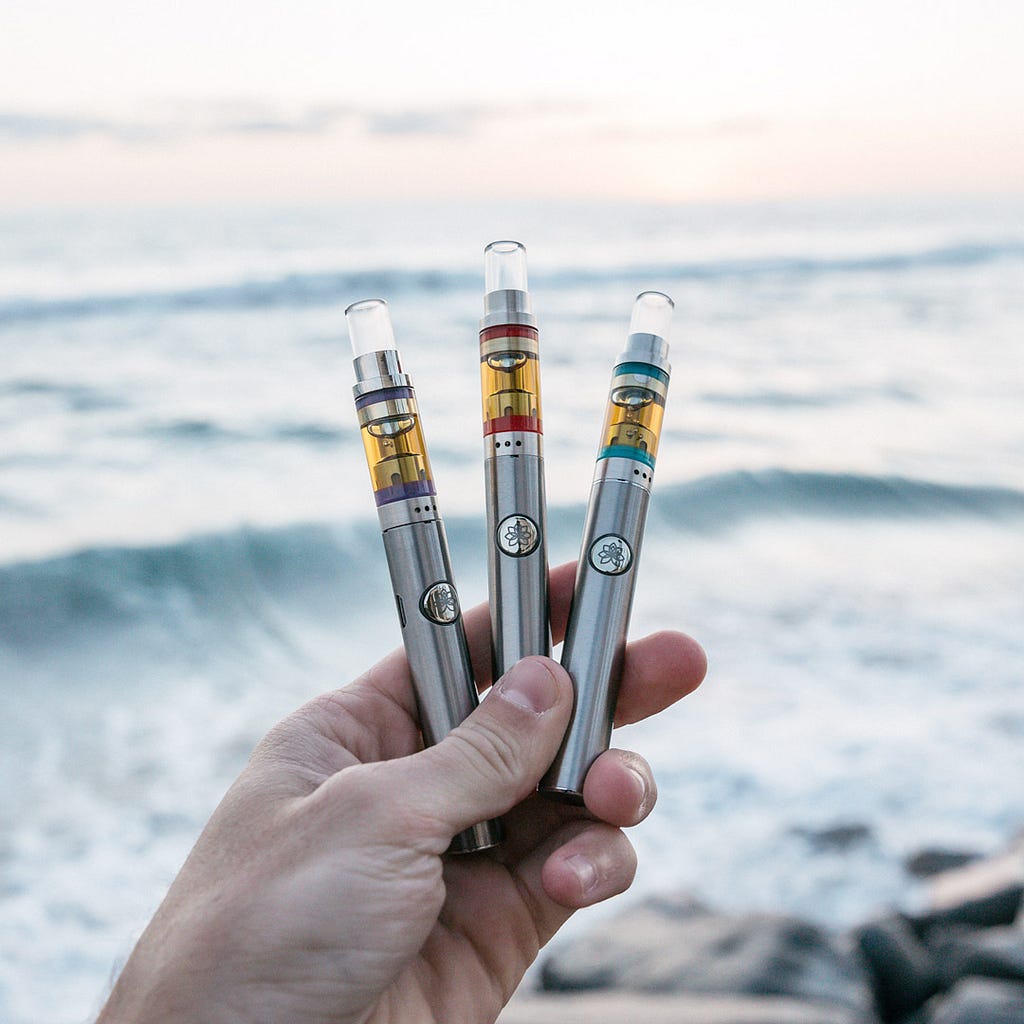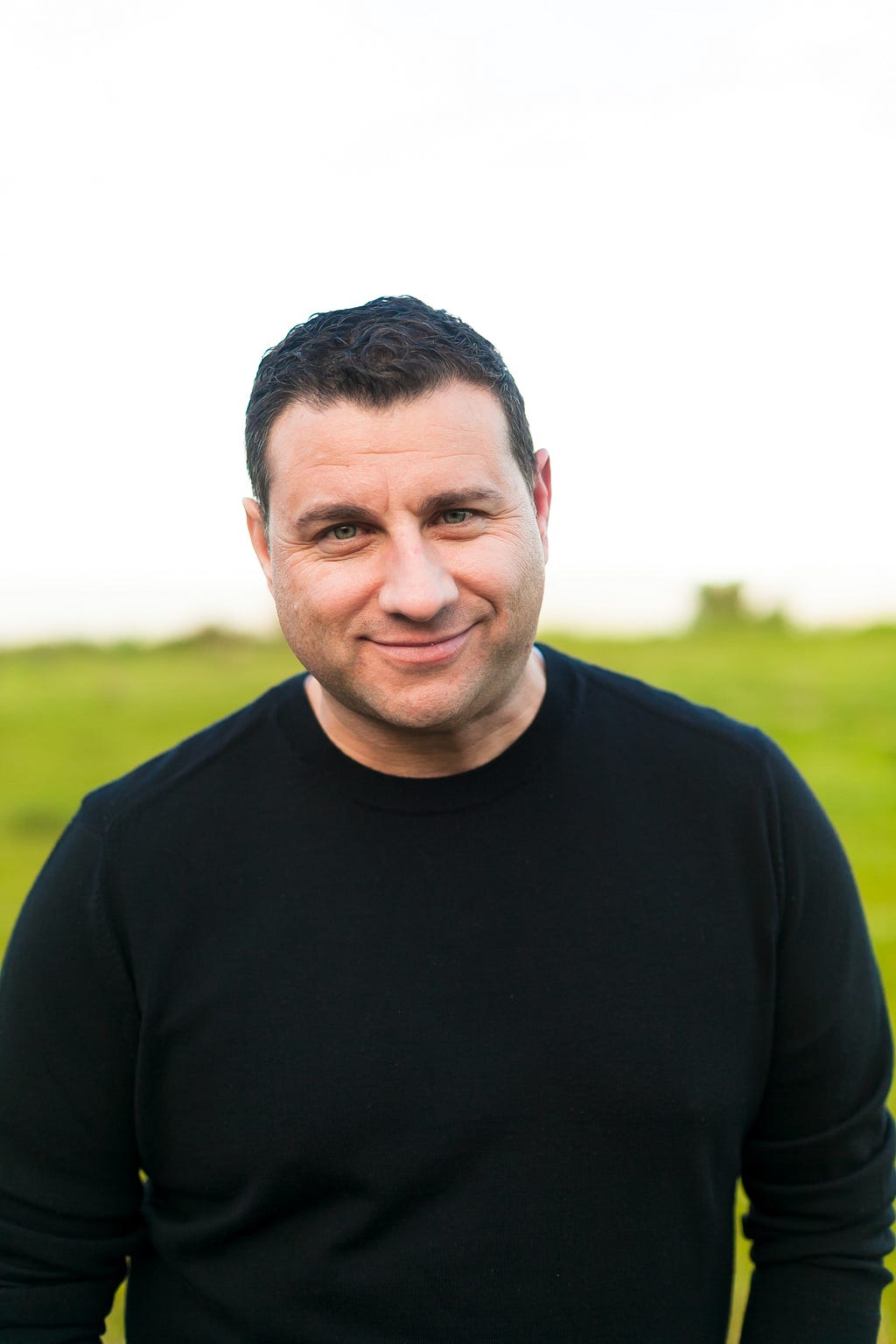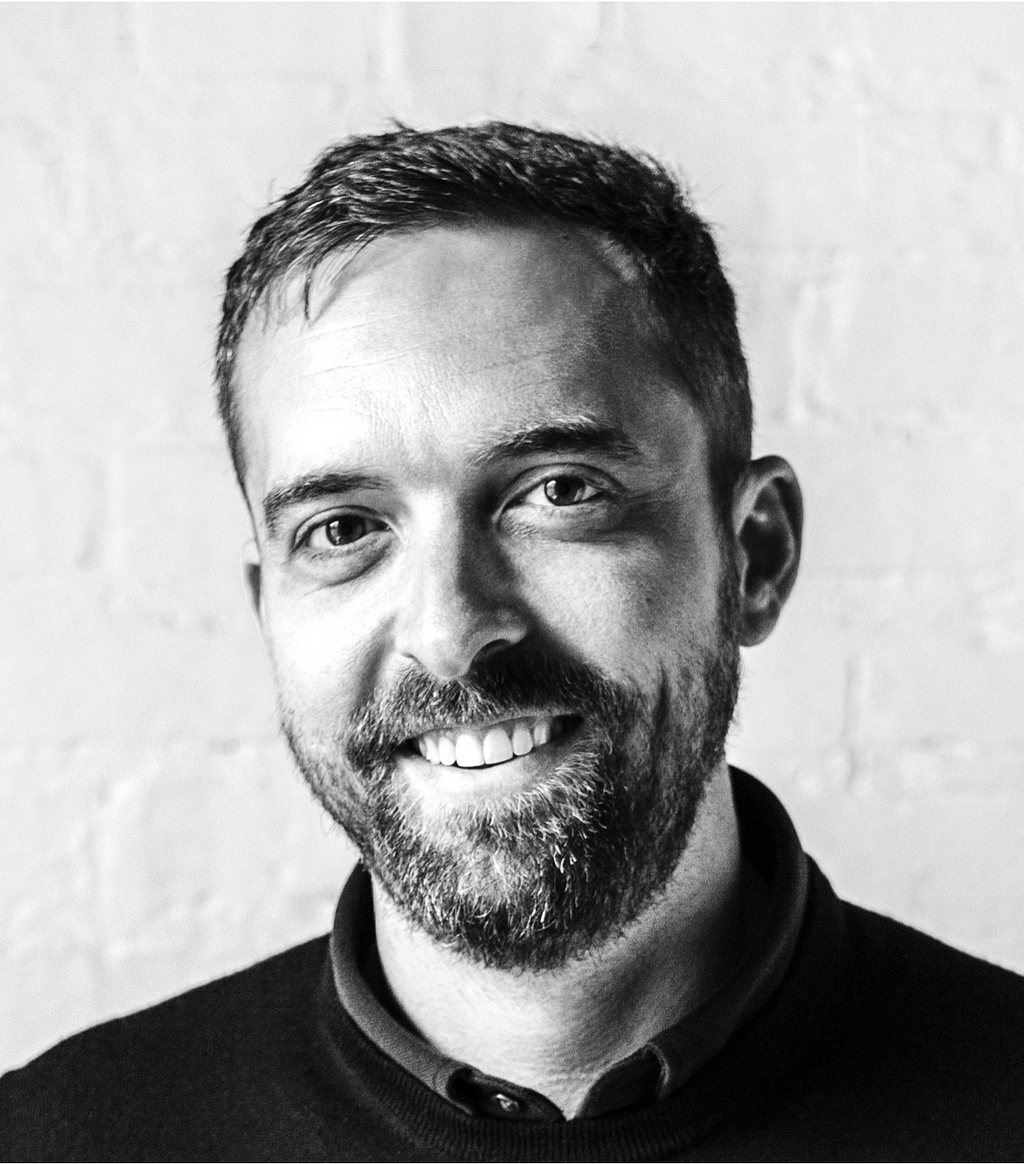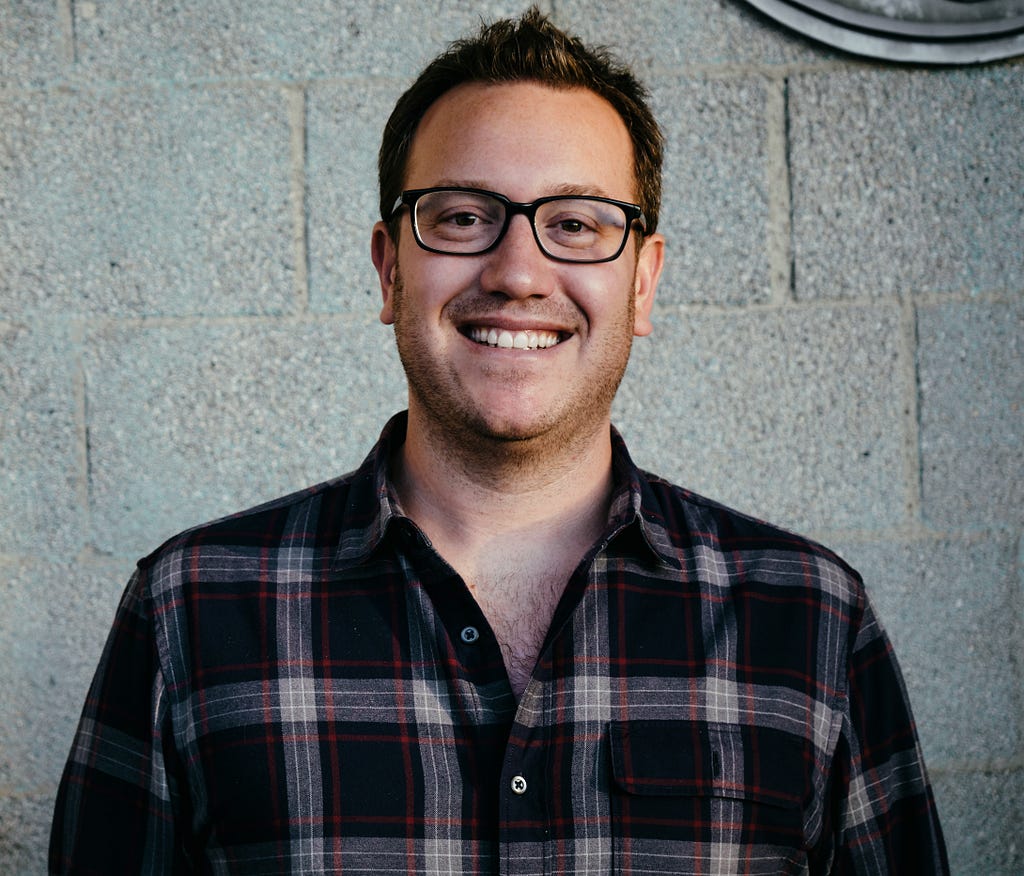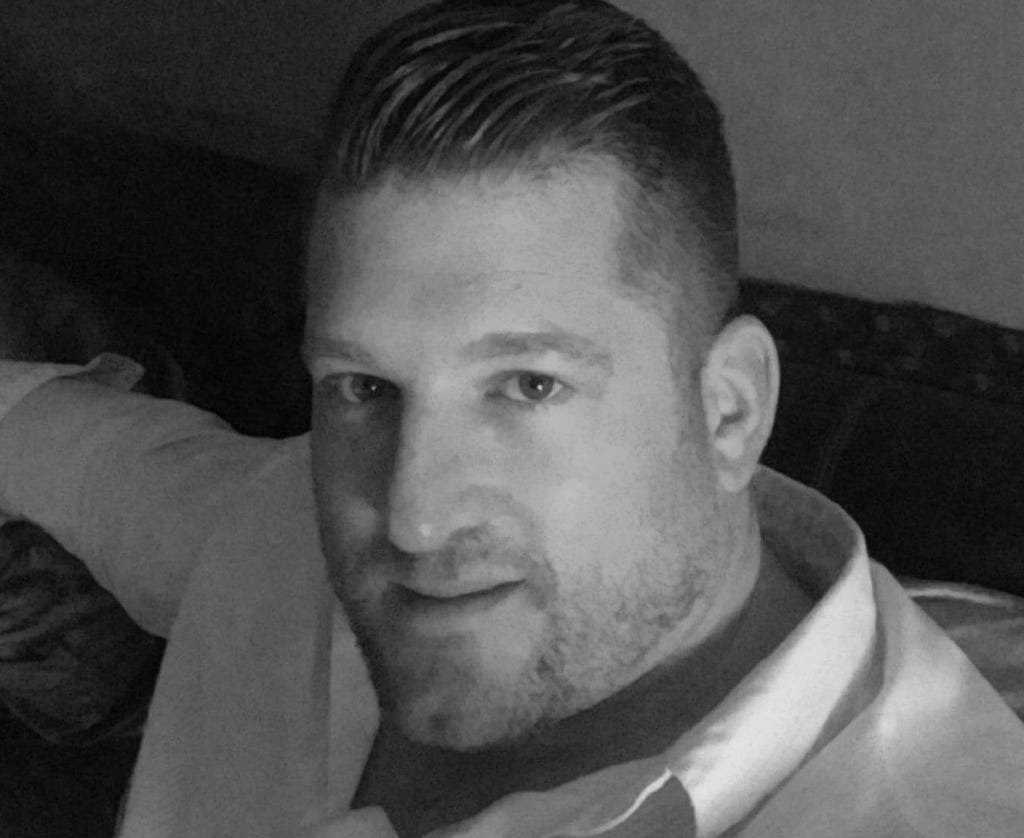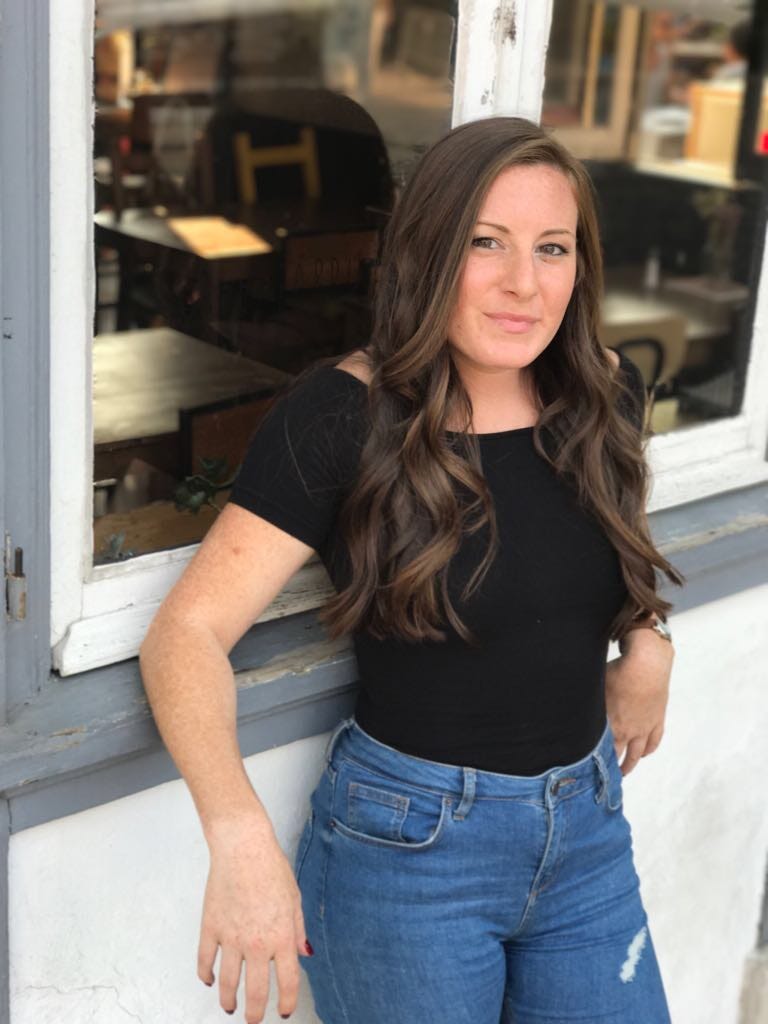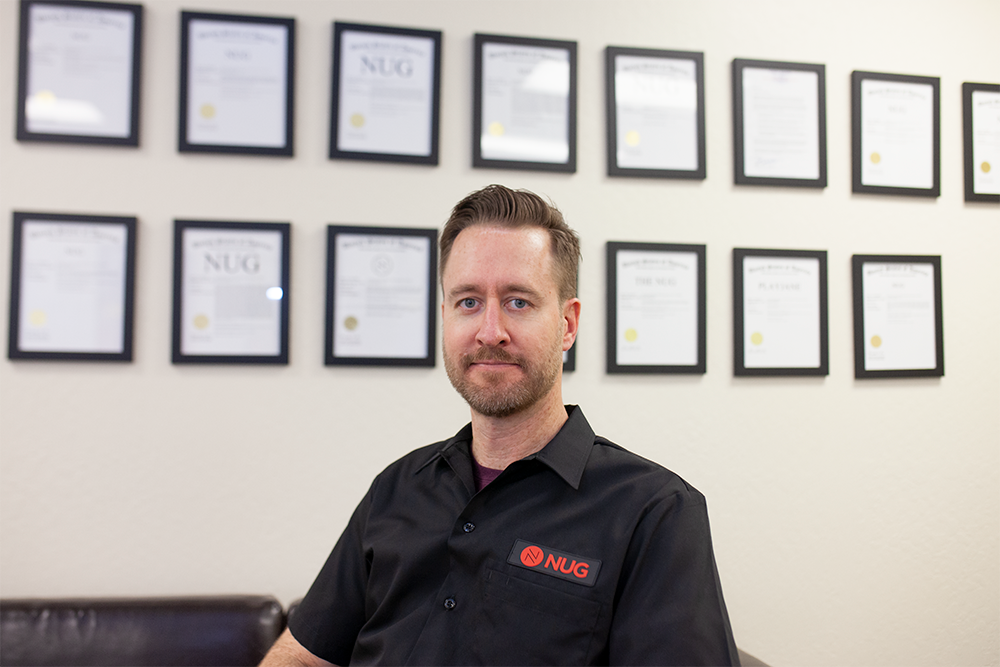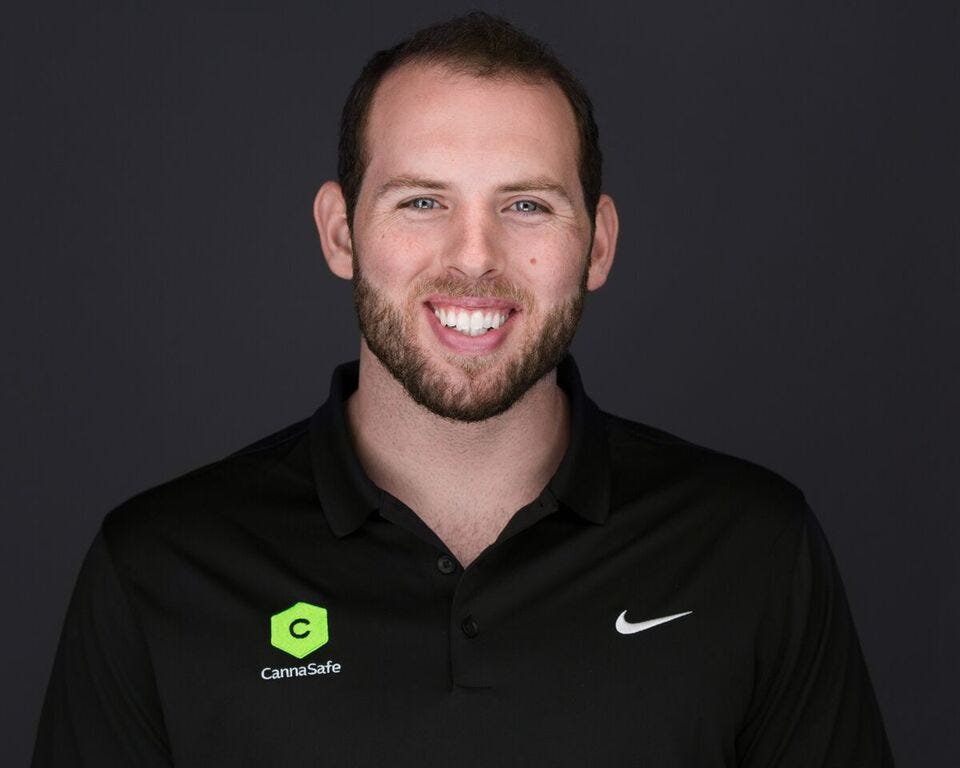Xandr CMO Kirk McDonald: We live in a diverse world, you lead in a diverse world, your company competes in a diverse world.”
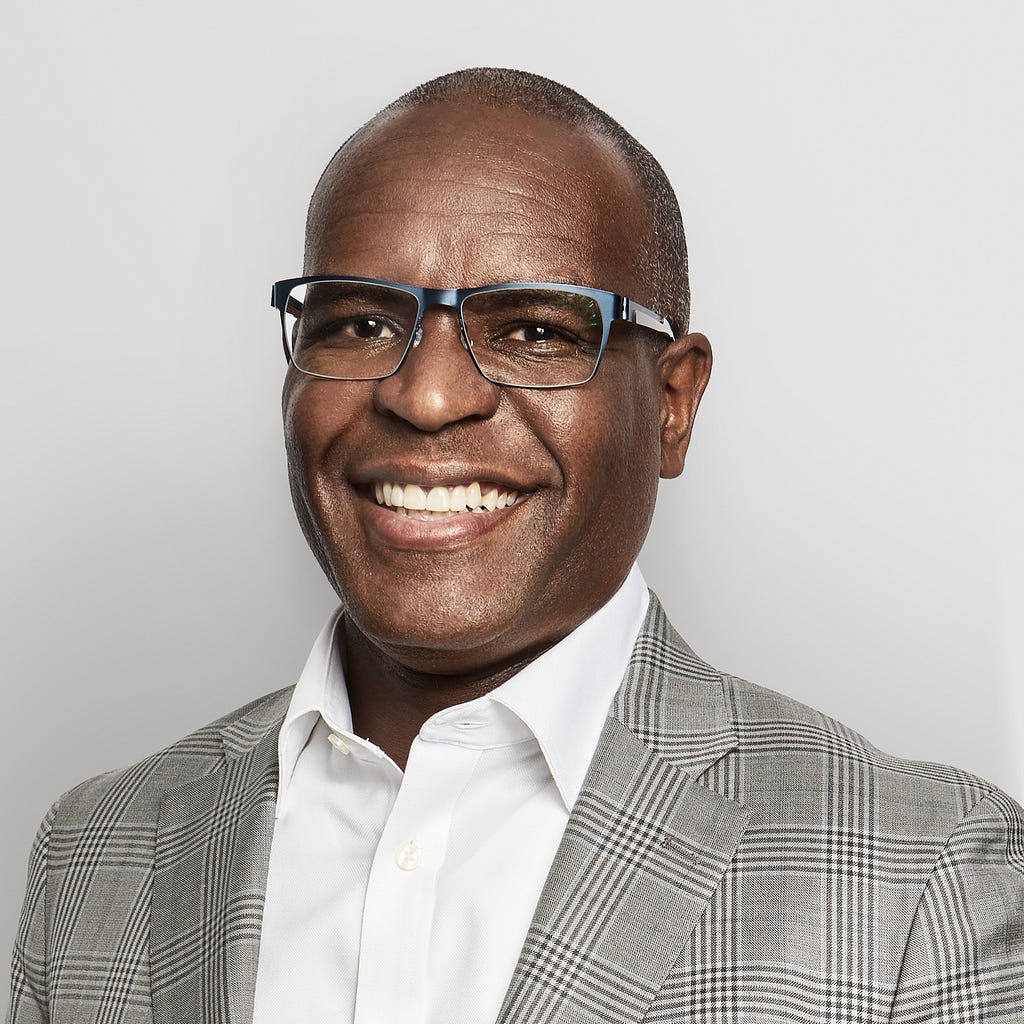
This should be obvious by now, and I hope we are all getting to fully appreciate that to lead successful business ventures in a diverse society, we need a company leadership and workforce that reflect the customer set. So, first takeaway: We live in a diverse world. You lead in a diverse world. Your company competes in a diverse world. If your leadership team doesn’t mirror and reflect that, they will never understand what the competitive challenges are, what’s around the corner and what are the needs of the business. Second takeaway: It’s just the right thing to do. You’ll win as a business and you’ll be more competitive. Third takeaway: If everyone around you is like you, who’s going to tell you about the thing you don’t already know? Diversity is not just measured in gender and race, it is critical that you have diversity of thought, experiences and perspectives as well.
I had the pleasure of interviewing Kirk McDonald. Kirk is a media and technology industry leader with over 25 years of experience working with the world’s leading brands, media companies and technology providers. He is the Chief Marketing Officer at Xandr, the AT&T advertising and analytics company. The company, established in fall 2017 provides a premium advertising marketplace for buyers and sellers across all platforms. As CMO, Kirk is responsible for the marketing strategy and execution for the company. Before joining AT&T, Kirk was President of PubMatic, Inc. a leading marketing automation software company sitting at the intersection of media and technology. Prior to PubMatic, Kirk was President of Digital, Time Inc. He also served as Chief Advertising Officer of the Fortune|Money Group, overseeing worldwide advertising sales, integrated marketing, and the events business. He’s previously held senior sales, marketing and client success positions at Aquantive’s DRIVEpm and Atlas Enterprise, CNET, ZiffDavis and Condé Nast. Kirk has been fortunate to receive many professional awards, including: Adweek’s 2015 “50 List of Vital Leaders in Tech, Media and Marketing,” Adweek’s 2014 “12 Stars of Ad Tech Who are Building the Future of the Industry Right Now,” Business Insider’s 2014 “The 46 Most Important African-Americans in Technology,” Business Insider’s 2013 “The 25 Most Influential African-Americans in Technology,” and Business Insider’s 2012 “THE SILICON ALLEY 100: The Coolest People in New York Tech This Year”. Kirk’s commentary on key technology trends and the future of media have been published in leading industry and trade publications including WSJ, Huffington Post, Beet.TV, AdExchanger, Adweek, The Drum, and many more. Kirk currently serves on several professional and not-for-profit boards including the Advertising Week Advisory Council, and MOUSE/CI.
Thank you so much for joining us! Can you tell us a story about what brought you to this specific career path?
For someone who came from very humble beginnings, college served a single purpose — and that was to get a good job, increase my earning potential and to keep growing as a professional. Without knowing a lot about this [publishing and media] industry early on, I’m a little embarrassed to say that I was attracted to what I heard were the salaries of the sales people, and I found it all super interesting.
To someone majoring in English Literature, publishing just sounded like it was going to be the right fit. At the time, college was expensive. I was not sure how I would afford Law School, so I jumped when I had the chance to work in the research department for Conde Nast Publishing. I fell in love with the media industry immediately and became fascinated with how people were connecting with the content they cared about in print, TV and, eventually, digital.
Can you share the most interesting story that happened to you since you began your career?
By nature, I’m an extrovert, but I am very conscious that I learn best when I’m being silent and listening to the teams around me. I had a boss who taught me a valuable lesson early on. He reminded me that “no one likes the smartest person in the meeting.” Thanks Greg — you know who you are. So, I try to carry the theme of that advice through everything I do. I try to celebrate the wisdom of the team and not take myself too seriously. It’s helped me find the natural gravity of my opinion and the amount of contribution I should have/give to things.

Can you share a story about the funniest mistake you made when you were first starting? Can you tell us what lesson you learned from that?
I worked in sales early on in publishing, a role where confidence can be both a strength and sometimes a liability. I showed up in a management role at CNET early on in digital, like circa 1997, after leaving a hyper-rigorous sales culture at a previous job. Needless to say, the culture was quite different.
Sometime within my first three months, I made the decision to separate from a couple of the sales people that I inherited, which prompted the other two sellers to resign on their own. Yep, no team and an aggressive financial target to make. Not ideal, but we recovered.
What I learned was you can be wrong, even when you might be right. Success should be measured in progress at pace towards the goals/targets you have, and any action that derails the progress path to the goals/targets is a fail.
Can you share three reasons with our readers about why it’s really important for a business to have a diverse executive team?
This should be obvious by now, and I hope we are all getting to fully appreciate that to lead successful business ventures in a diverse society, we need a company leadership and workforce that reflect the customer set. So, first takeaway: We live in a diverse world. You lead in a diverse world. Your company competes in a diverse world. If your leadership team doesn’t mirror and reflect that, they will never understand what the competitive challenges are, what’s around the corner and what are the needs of the business. Second takeaway: It’s just the right thing to do. You’ll win as a business and you’ll be more competitive. Third takeaway: If everyone around you is like you, who’s going to tell you about the thing you don’t already know? Diversity is not just measured in gender and race, it is critical that you have diversity of thought, experiences and perspectives as well.
More broadly can you describe how this can have an effect on our culture?
Culture typically creates commonality. But how amazing it is if your culture becomes a culture that welcomes change, the new and the innovative. It’s the leaders who welcome change because they recognize the speed and pace of business, leaders I respect like [AT&T Chairman and CEO] Randall Stephenson, [Xandr CEO] Brian Lesser, [WarnerMedia CEO] John Stankey and other leaders, who recognize that change is not just inevitable, it is an advantage. If you can build culture that way, then your company will thrive. If you want to impact culture, the concept of diversity has to be built in, not bolted on. And if you ingrain it in the culture, in a way where you pursue differences and encourage diversity of thought, I think we’re richer for it.
How do you define “Leadership”? Can you explain what you mean or give an example?
Someone can give you a title and put you in charge tomorrow, but whether people are willing to follow you is what defines you as a leader. It is clear vision for what it is you’re trying to accomplish, and the ability to articulate that to a group of people or an individual who can align behind that purpose or mission. If you are going to be successful as a leader, you have to be good at making sure that your constituents are willing and able to follow you.
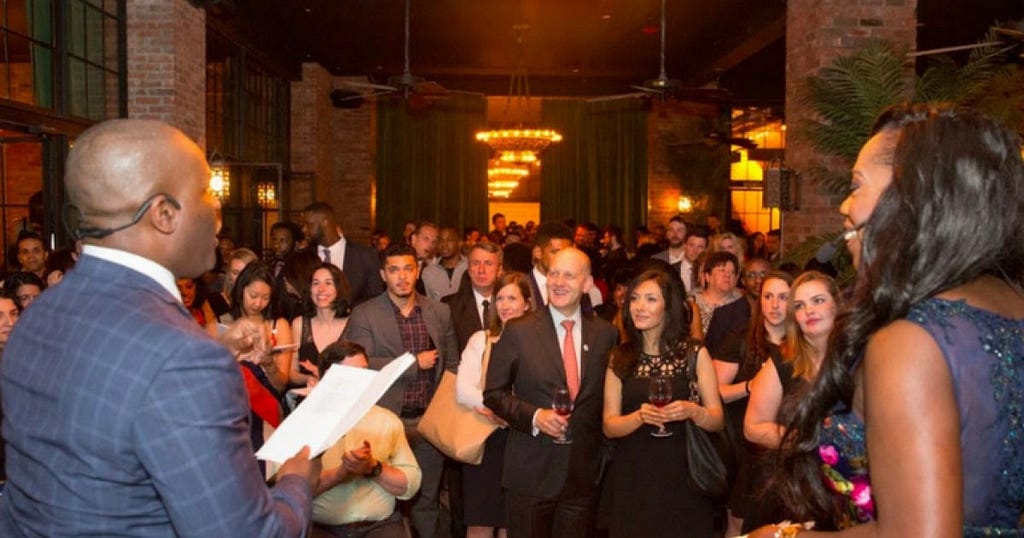
What are your “5 things I wish someone told me when I first started” and why. Please share a story or example for each.
- Very quickly identify what are the major things and minor things in business and life and do not major in the minors. Don’t make the small stuff big stuff.
- Don’t compete for the title of smartest person in the room or meeting. Be someone who brings everybody together and makes the room aligned.
- Leading people is about people issues, not business issues. It’s about understanding people. To get a team to work is about understanding the team.
- Remember that in addition to the business in front of you, you have to put a certain amount of time in to self-development and treat yourself as an asset for the business. Recognizing your asset value to a business is not just your vertical expertise, but what people think about you when you leave the room.
- Never forget that no matter what you’re doing in business, you’ve got to be human and have fun. You’ve got to laugh. Don’t forget to be kind along the way. Devote time to giving back.
You are a person of enormous influence. If you could inspire a movement that would bring the most amount of good to the most amount of people, what would that be?
It would be a kindness movement, a pay it forward movement. It’d be the human API. The Human Assume Positive Intention (API) initiative. If we assume positive intention in everything we do, and bring that API to everything we do, it would solve a lot of misunderstandings. In business, it’s saying, “Let me actually hear your perspective.” If I assume we both have positive intent, and we’re both working toward the same greater good, it can be amazing how much more we learn from each other.
Can you please give us your favorite “Life Lesson Quote”? Can you share how that was relevant to you in your life?
“The heights by great men reached and kept were not attained by sudden flight. But they, while their companions slept, were toiling upward in the night.” — Henry Wadsworth Longfellow, The Ladder of St. Augustine
My mother chose this quote for my yearbook entry at The Bronx High School of Science, and it’s been one of my guiding mantras ever since. It’s a reminder that hard work and perseverance pays off — it’s not just the degrees you have, or anything else. Those who reach and accomplish great things have to continue persevering.
The second quote I love is, “Pressure is a privilege.” I first heard it playing a round of golf in a foursome with Boomer Esiason, and he said it as I stood over a putt. I found out later that the quote is actually attributed to Billie Jean King. I love it because it reminds me that moments of high pressure are earned, and therefore they should be celebrated. The work you’ve done has earned you a moment where the decision you make next matters. Lean into it, because likely you earned it.
Is there a person in the world, or in the US whom you would love to have a private breakfast or lunch with, and why? He or she might just see this, especially if we tag them!
Right now in this moment, spring of 2019, maybe because I’m partway through her book right now, I’d love to sit down and ask Michelle Obama about things she wrote about in “Becoming” and the current state of the world and to hear her perspective.
How can our readers follow you on social media? You can find me on LinkedIn or on Twitter @KirkMcD_
Thank you for joining us!
Xandr CMO Kirk McDonald: We live in a diverse world, you lead in a diverse world, your company… was originally published in Authority Magazine on Medium, where people are continuing the conversation by highlighting and responding to this story.



